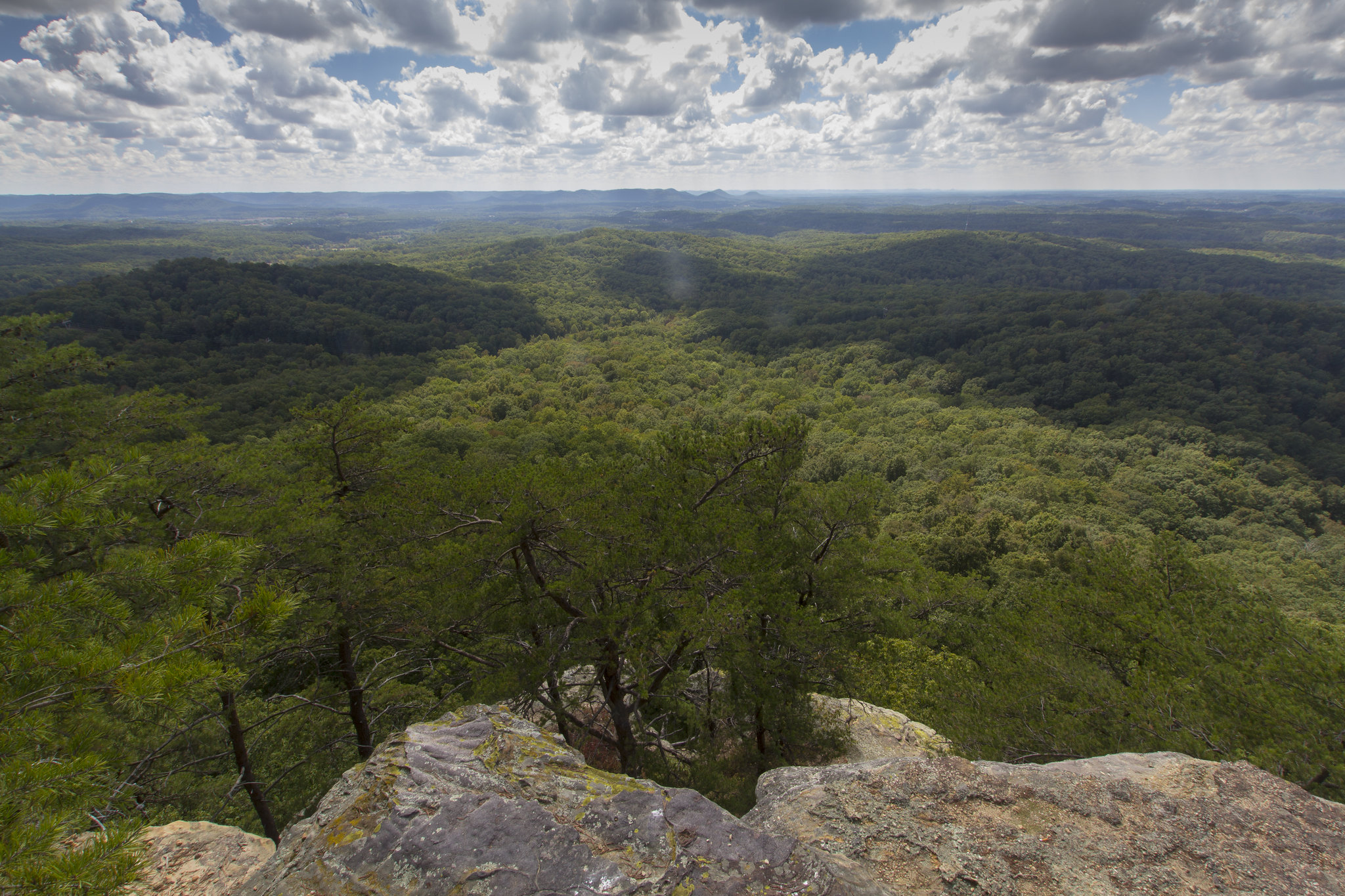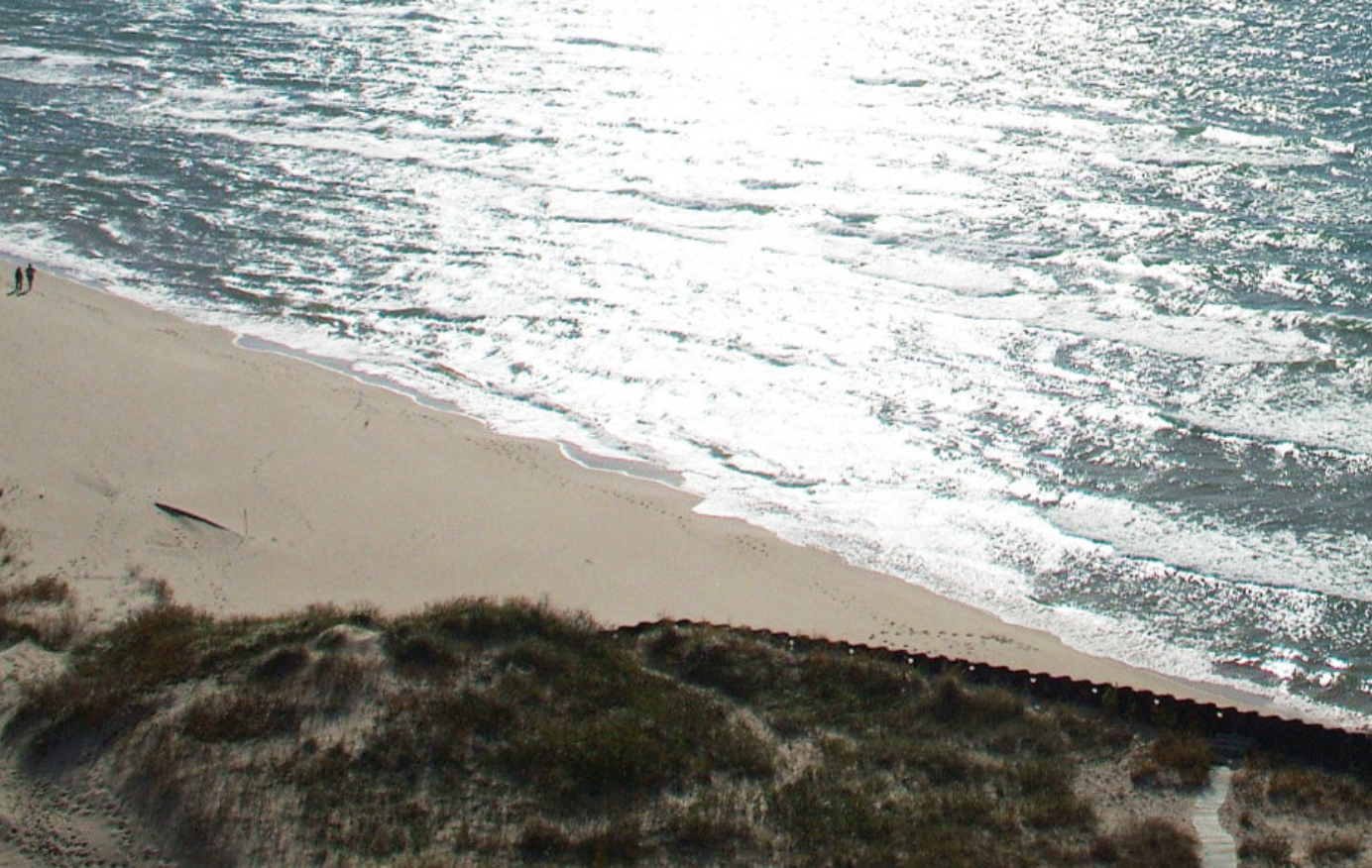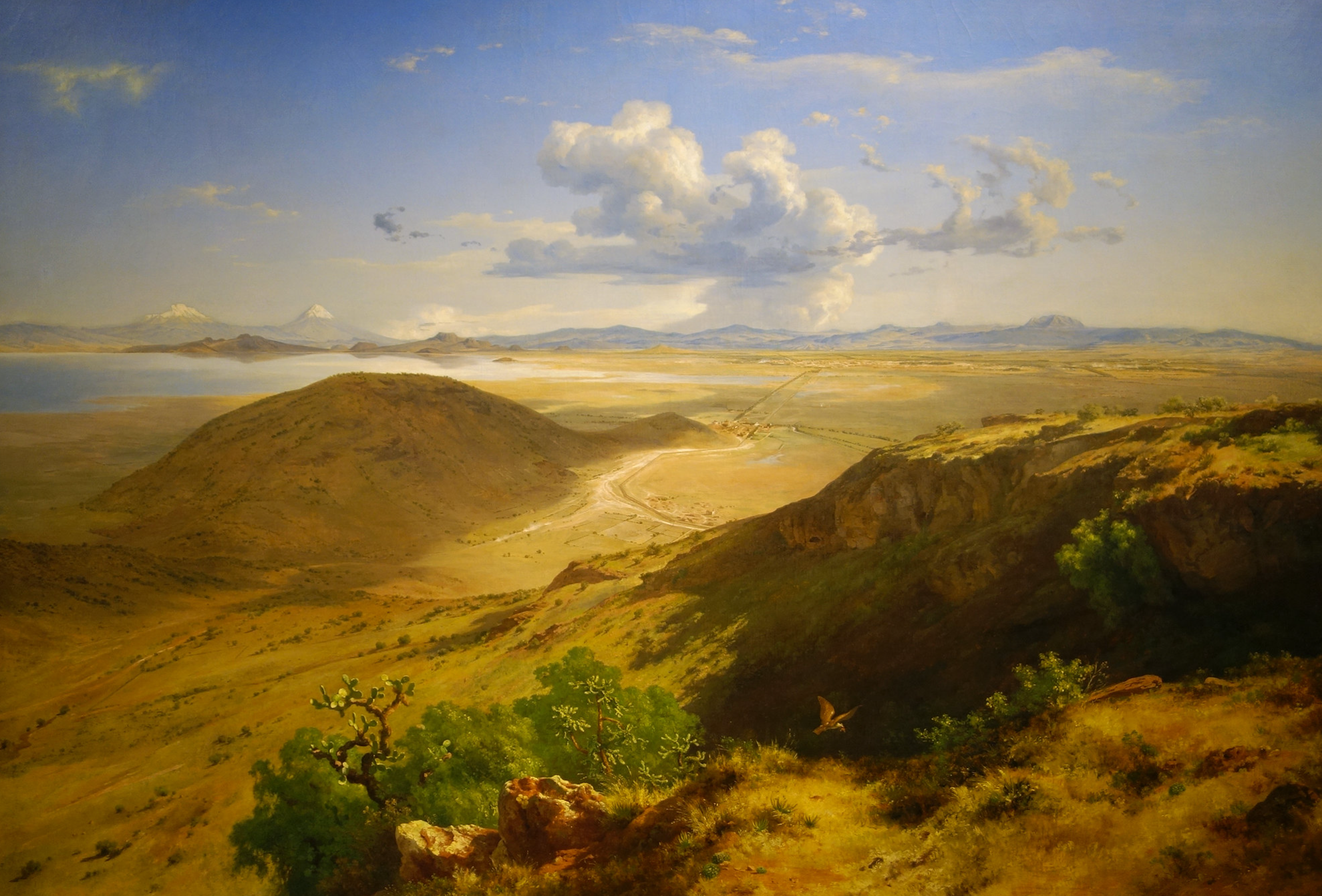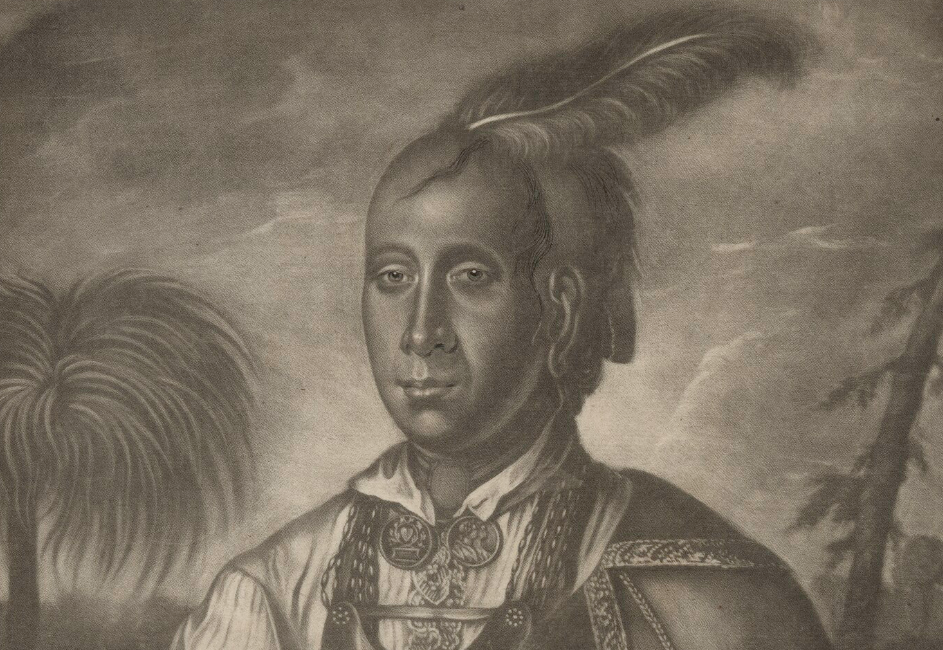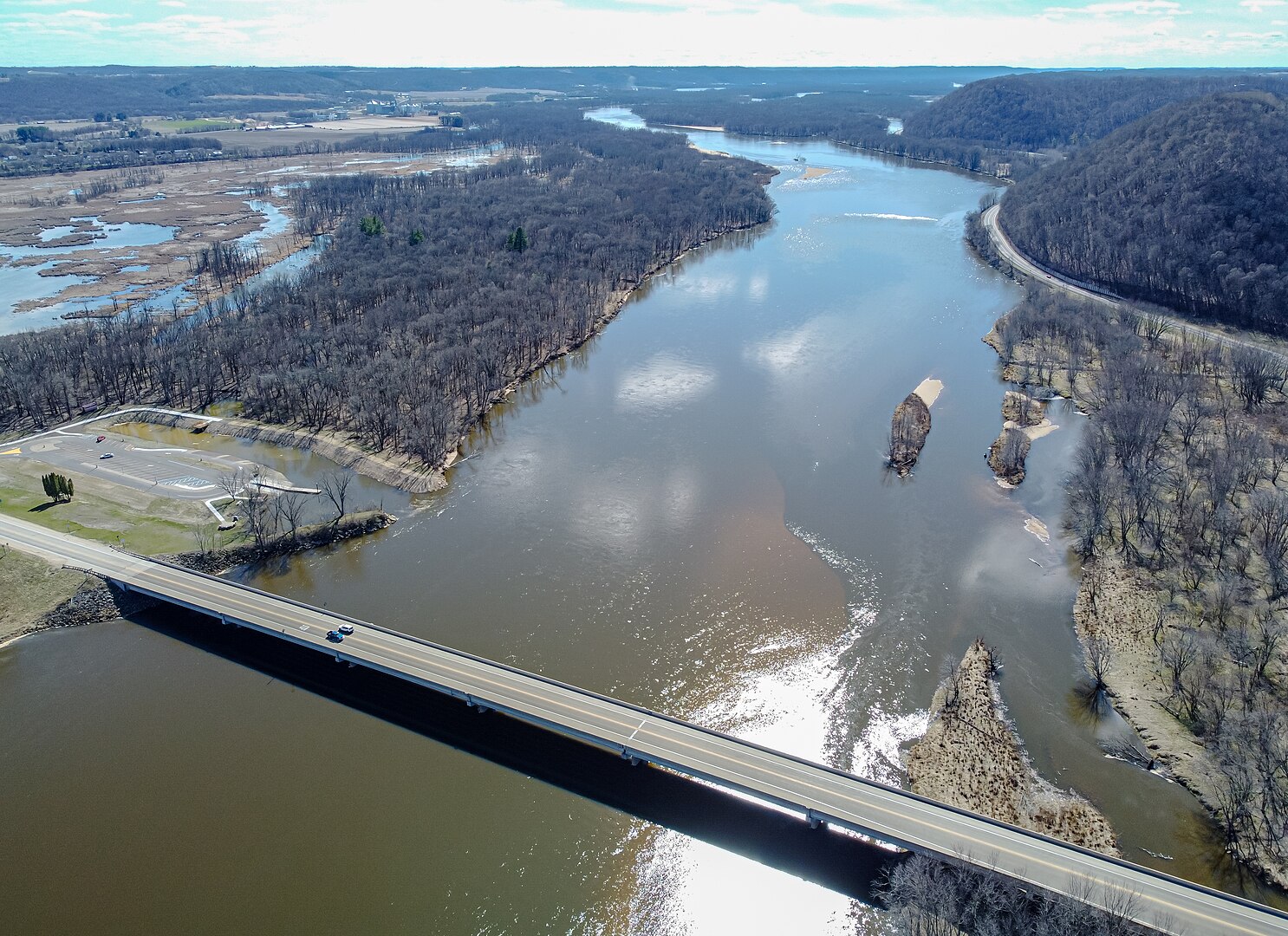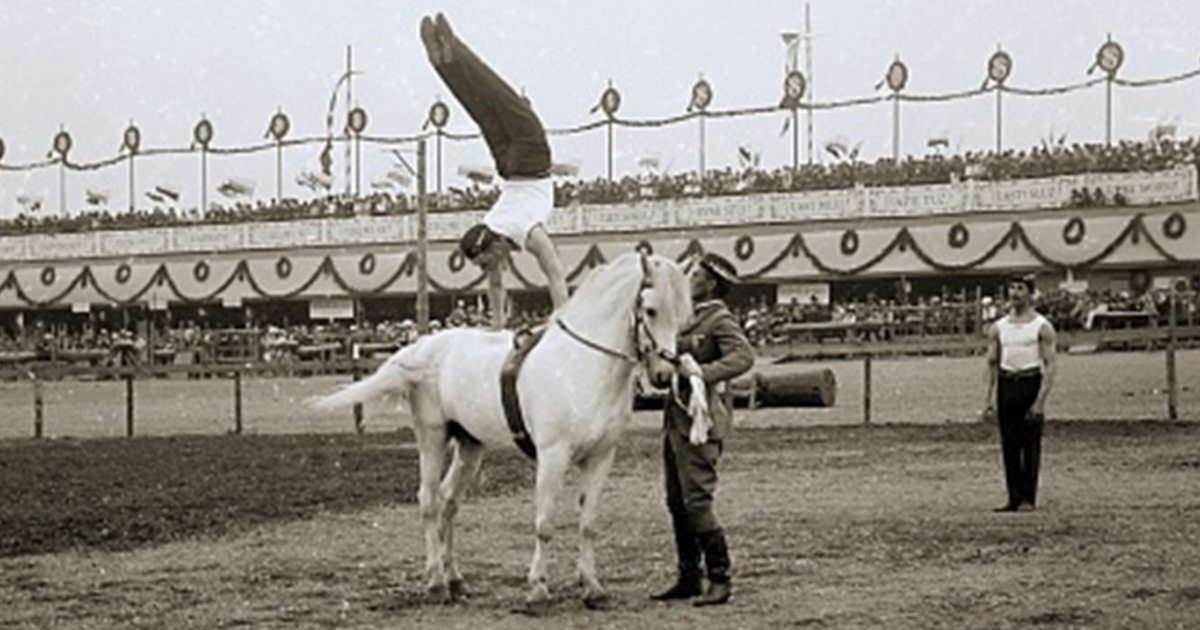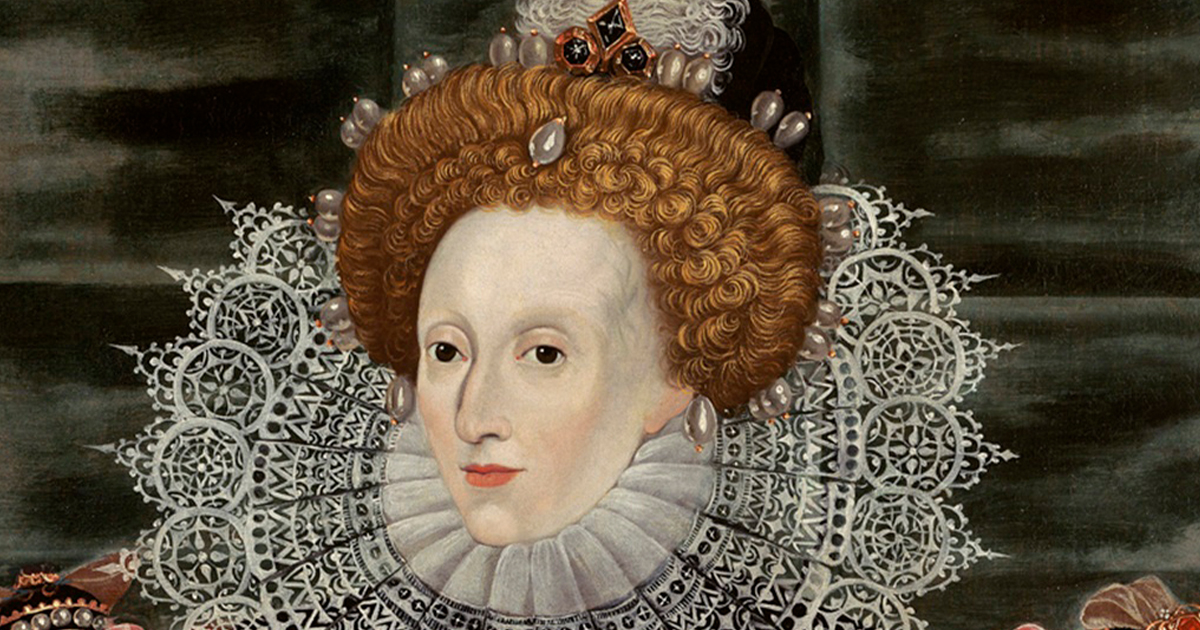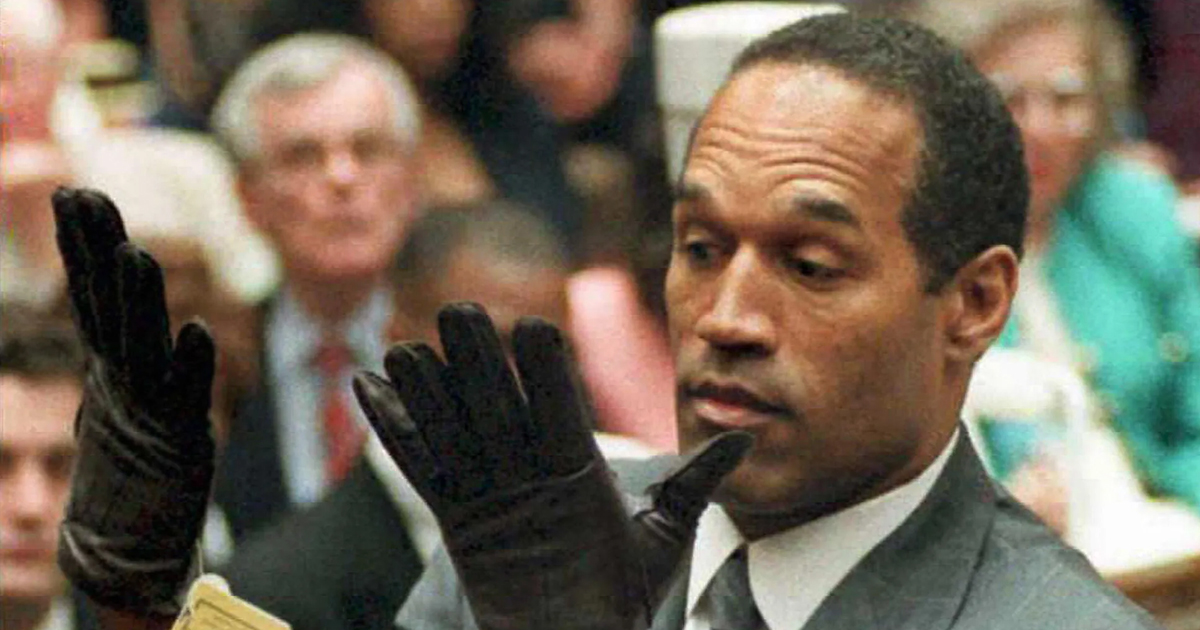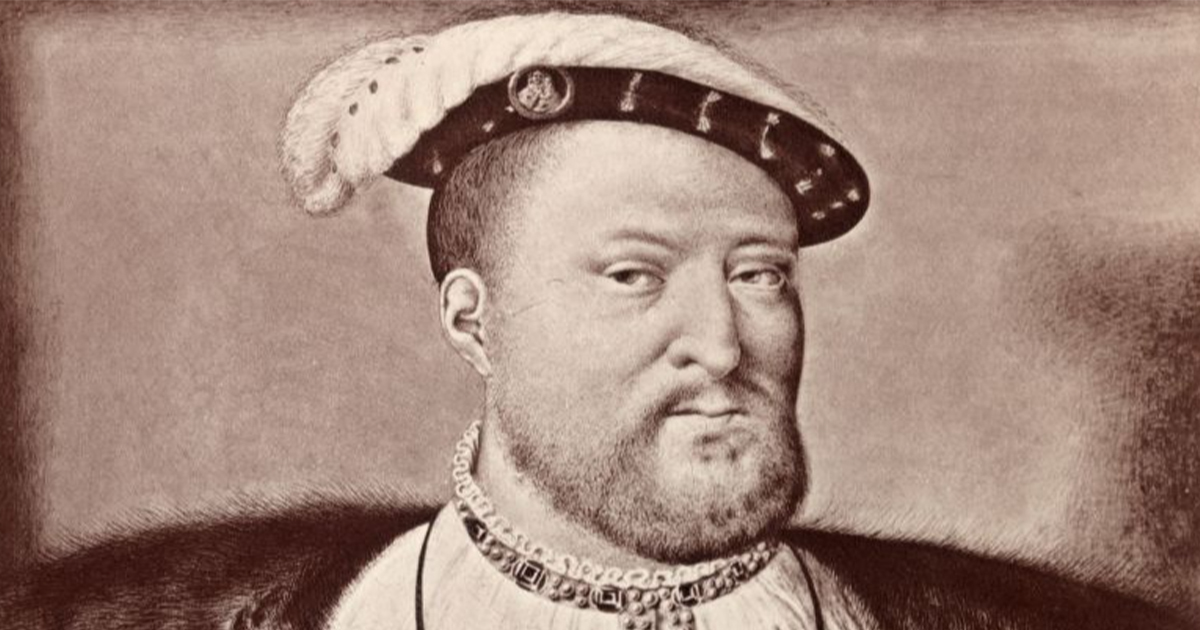The Origin Of Each State's Name
Some American states have infamous history behind their names, and others have followed their British divorced parents' standard of naming places after people. Although most of America's state names have an Indigenous origin, their translation has been changed or lost over time. In some cases, the translation of names has been like a game of telephone, with names taking new form through indirect translation from colonizers.
Let's explore the origins of each state's name, including a few controversial state names that have a complicated history.

Alabama
This one comes from the name of the Choctaw Confederacy tribe, "Allibamons" or "Alabamas", who named the State after the Alabama River. Huntsville, Alabama was set as the site for the first Constitutional Convention in 1819 by Congress, officially making Alabama a part of the Union.
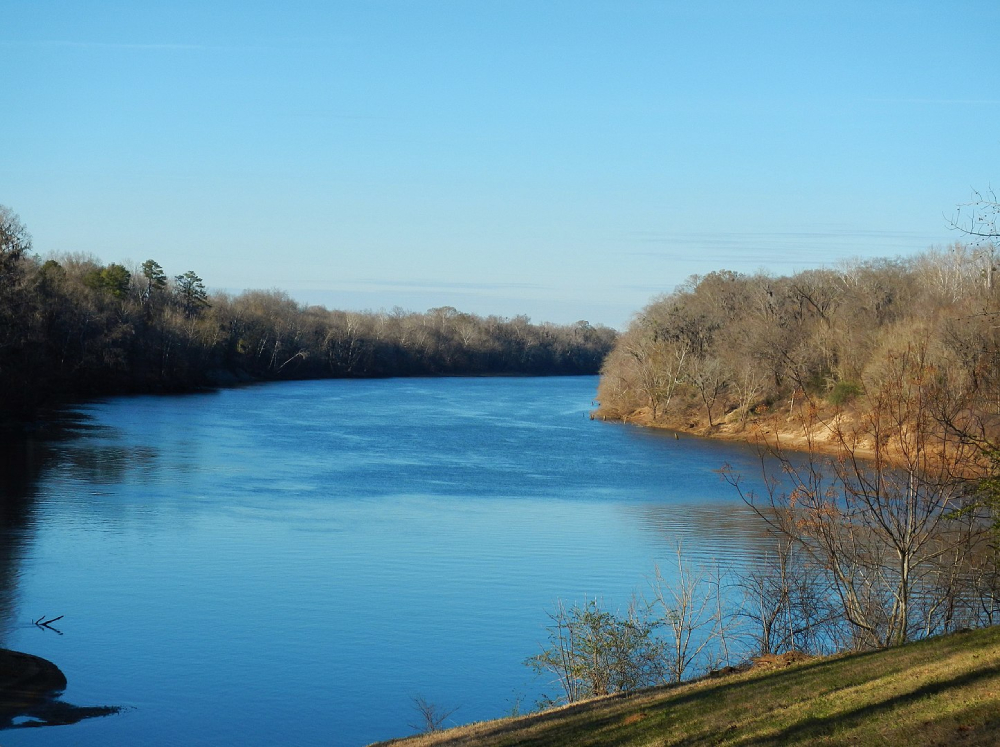 Rivers Langley; SaveRivers, CC BY-SA 3.0, Wikimedia Commons
Rivers Langley; SaveRivers, CC BY-SA 3.0, Wikimedia Commons
Alaska
Alaska's Inuit and Yupik peoples first named Alaska "alakshak", meaning "great lands" or "peninsula."
 atlas.cieq.ca, Wikimedia Commons
atlas.cieq.ca, Wikimedia Commons
Arizona
Arizona is a state with many claims to its name. Depending on where you look, you'll find claims that Arizona translates to "arid zone", while another claim says it's derived from the Aztec word "arizuma", which means "silver bearing". There's silver in that there desert!
Another possible tribal origin for the name comes from the Papagos people, a southwest tribe who named the area after "Arizonac", the place where they lived. This translates to the "site of the small springs". The town of Nogales in Arizona is where silver was discovered in the 18th century, lending credence to the Aztec nomenclature.
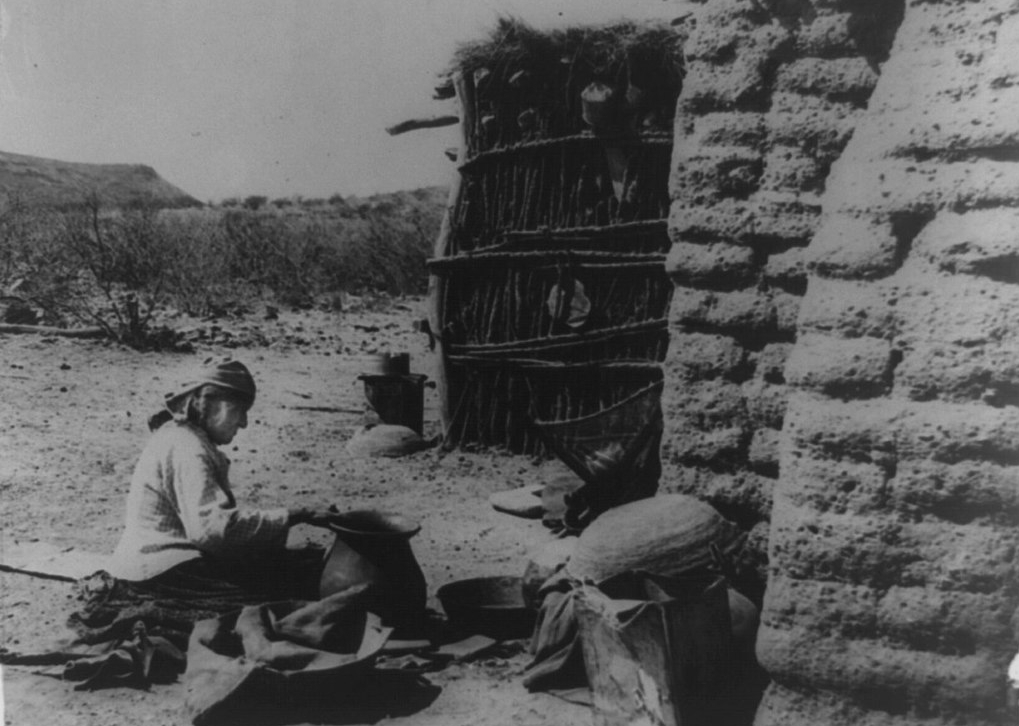 Library of Congress, Wikimedia Commons
Library of Congress, Wikimedia Commons
Arkansas
This is another word with multiple origins and spellings, based on it's original Indigenous naming. There are three known additional spellings of the state: "Alkamsea", "Alkansia", and "Alkansas".
Some claim Arkansas to be the Francization of "Kansas", a Sioux word for "South-wind people". Others give the Algonquin nation claim over the word "Arkansas".
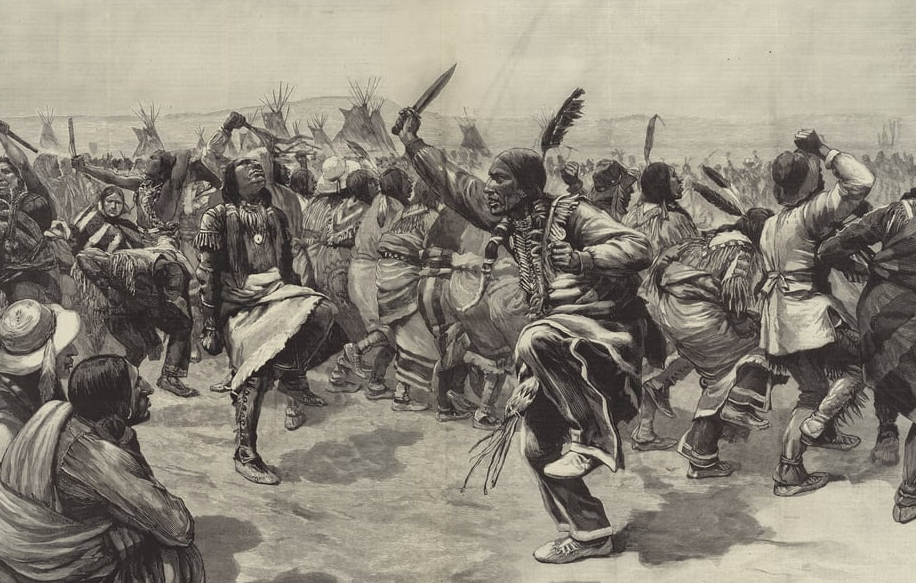 Amédée Forestier , Wikimedia Commons
Amédée Forestier , Wikimedia Commons
California
California's name is Spanish in origin, applied first by Spanish Conquistador Hernán Cortés, who destroyed the Aztec Empire when he conquered Mexico in the 16th century. Apparently, Cortés thought that California looked a lot like an imaginary island he'd read about in a romance novel from 1510, written by Spanish author Montalvo.
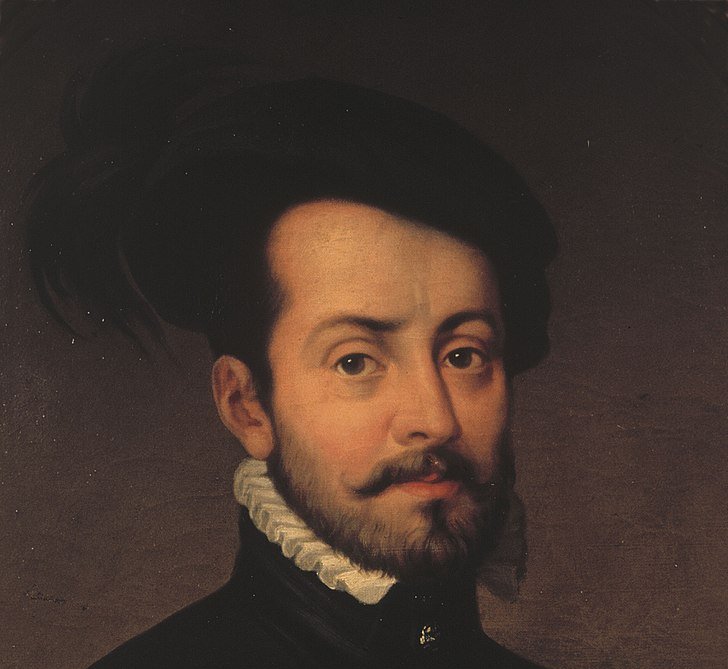 Unknown Author, Wikimedia Commons
Unknown Author, Wikimedia Commons
Colorado
Another Spanish influence that's reflected in the State Seal, Colorado is said to mean "colored red" in Spanish translations of "coloreado rojo". This name is said to have derived from the red rock that can be found in various parts of the state. Colorado was once called the "Jefferson Territory", from 1859 until 1861.
 Rennett Stowe, CC BY 2.0, Wikimedia Commons
Rennett Stowe, CC BY 2.0, Wikimedia Commons
Connecticut
This is a derivation of the Indigenous word, "Quinnitukqut", from the Mohegans Peoples, who lived in the state before colonization (and still live in southeastern Connecticut today). It's rough translation into English is "long tidal river".
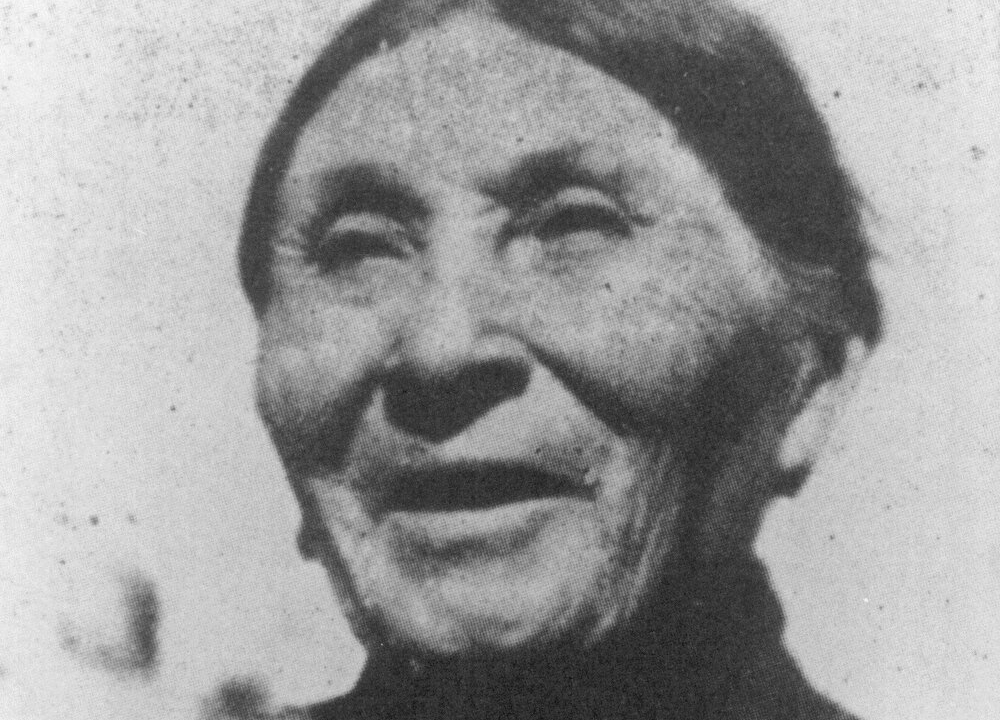 Unknown Author, Wikimedia Commons
Unknown Author, Wikimedia Commons
Delaware
Delaware was named after an English Lord from Virginia, Thomas West, 3rd Baron, Lord De La Warr. The man who 'discovered' the state of Delaware was explorer Samuel Argall in 1610, who named the Delaware River and Delaware Bay after his liege.
 Unknown Author, Wikimedia Commons
Unknown Author, Wikimedia Commons
Florida
The original "Florida Man" might have been Ponce De Leon, who named the state after the Spanish translation, "La Pascua De Las Flores" on Easter Sunday in 1513. That's when he's said to have landed on the shores of the Sunshine State.
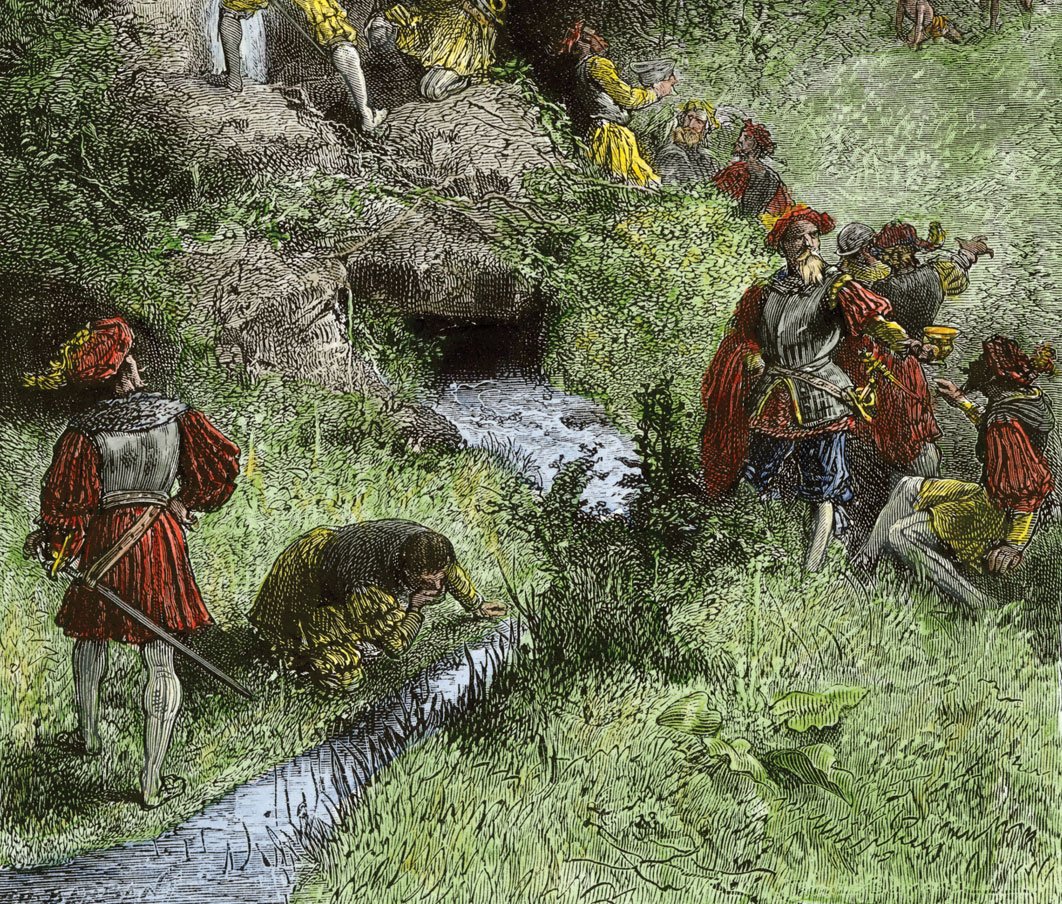 Unknown Author, Wikimedia Commons
Unknown Author, Wikimedia Commons
Georgia
Georgia was named after King George II in 1732, who granted the name and administration of the new state to General James Oglethorpe. Though you may be named after the King whom you revolted against, Georgians, at least you're not named "Oglethorpians". Every cloud and all that.
 Workshop of William Beechey, Wikimedia Commons
Workshop of William Beechey, Wikimedia Commons
Hawaii
This one's an Anglicization of an Indigenous Hawaiian word, "Owhyhee" meaning "homeland".
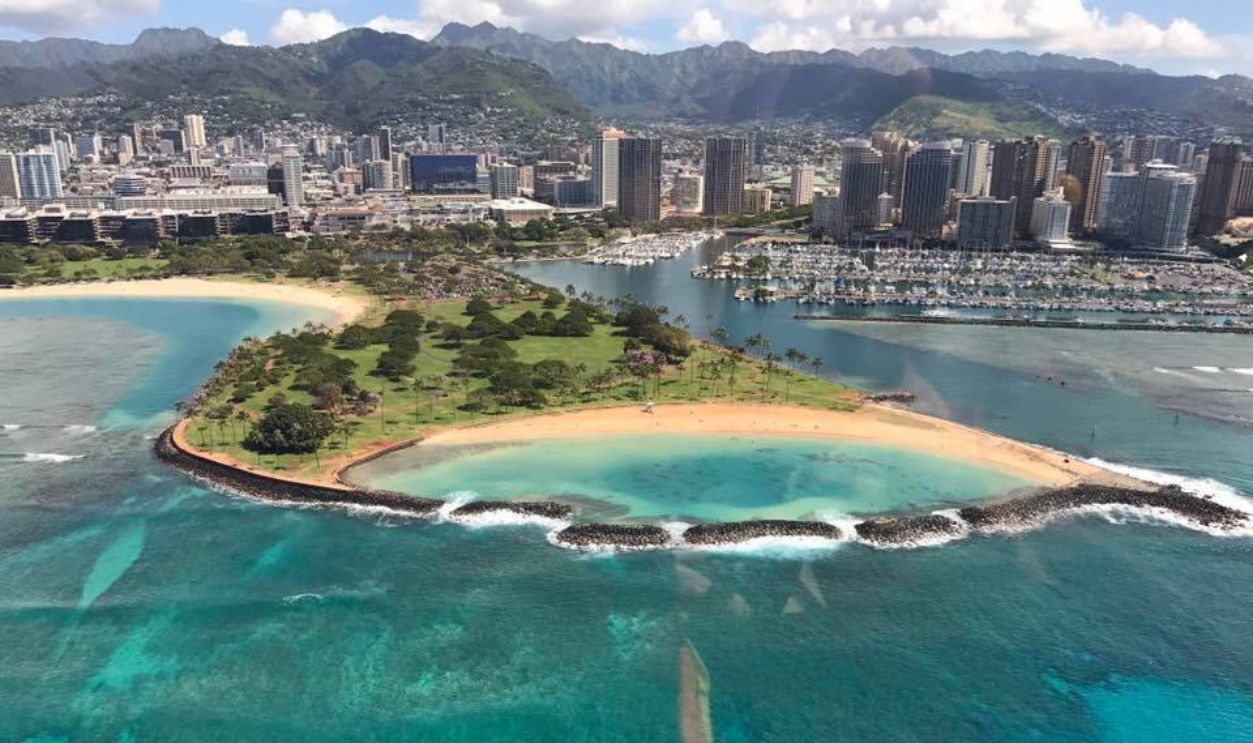 Carissagallardo, CC BY-SA 4.0, Wikimedia Commons
Carissagallardo, CC BY-SA 4.0, Wikimedia Commons
Idaho
The naming origin of Idaho is widely disputed. Although it's said to derive from an Indigenous term meaning "Gem of the Mountains", Idaho was almost named "Colorado"—imagine that, Idahoans? Once called the "Jefferson Territory" and lumped in with Colorado, the name "Idaho" was restored in the last session of Congress in Washington in 1862, as they were making decisions about names for newly 'discovered' Western territories. Phew, Idahoans, that was close.
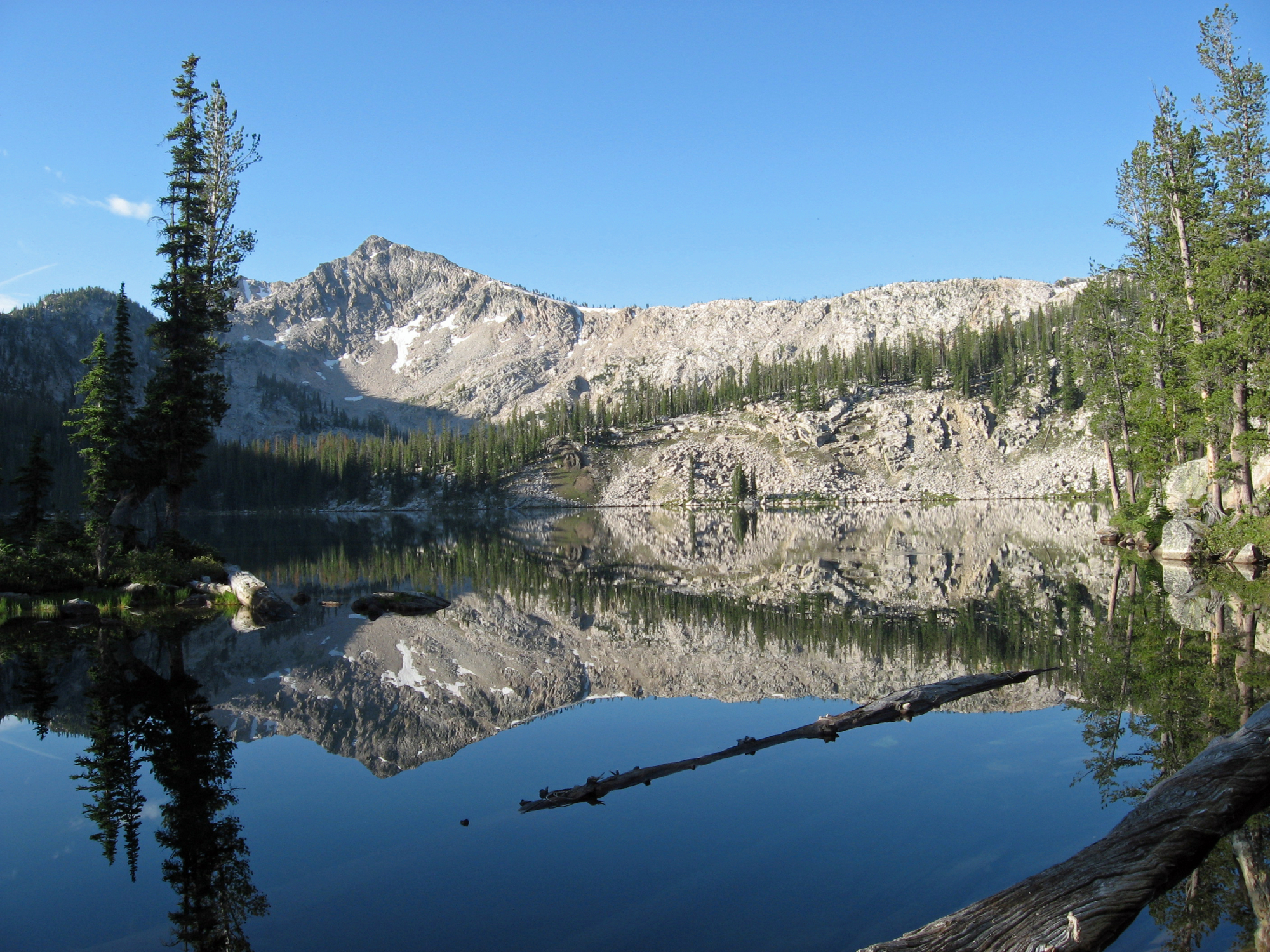 Fredlyfish4, CC BY-SA 3.0, Wikimedia Commons
Fredlyfish4, CC BY-SA 3.0, Wikimedia Commons
Illinois
Illinois gets its named from another French explorer, René-Robert Cavalier, who named the Illinois River after the Indigenous Peoples along the riverbanks. "Illini" means "man" or "warrior" in the Miami-Algonquin language. It's possible that there was some crossover between the two languages and "ois" was added by Cavalier to Francize the word.
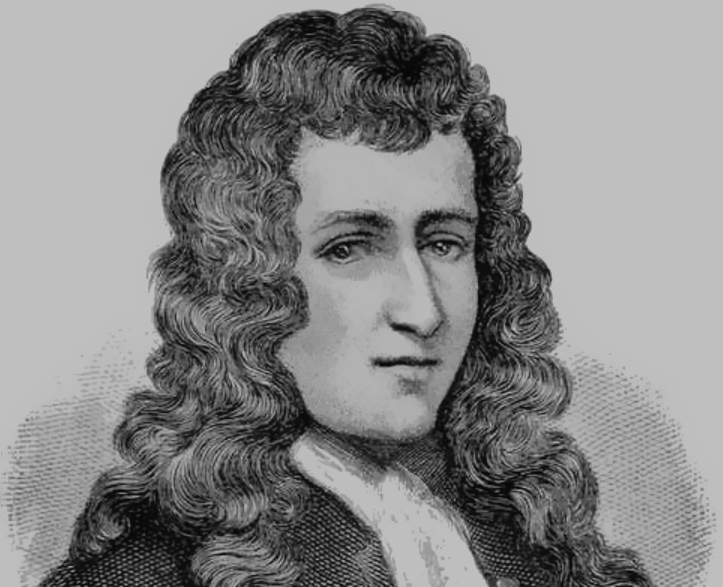 Charles André Waltner, Wikimedia Commons
Charles André Waltner, Wikimedia Commons
Indiana
In an unfortunate naming historical faux-pas, Indiana's translation is "Land of the Indians". The names dates back to May 7, 1800, when Congress divided the Northwest Territory into two: "Michigan Territory" and "Indiana Territory".
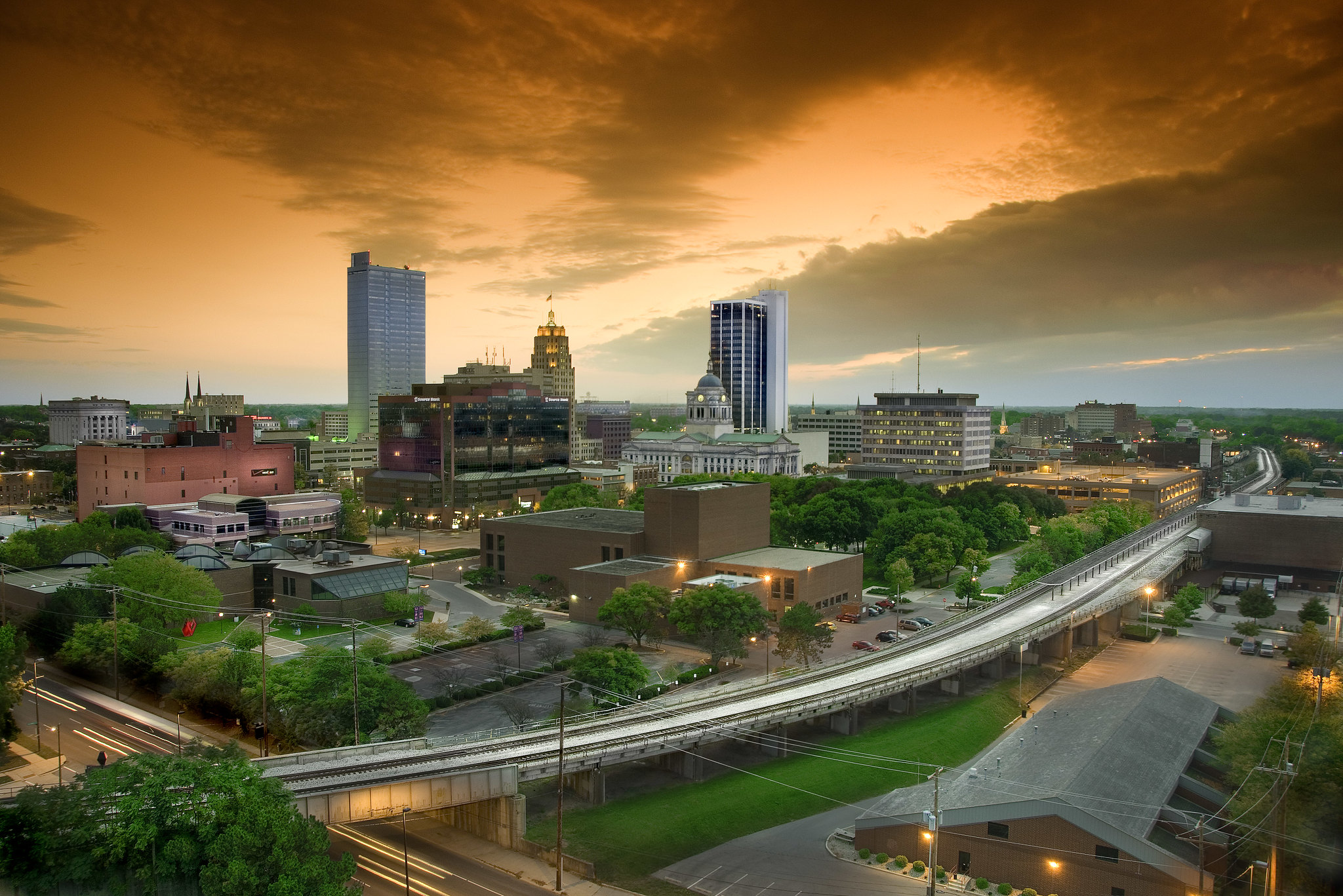 Northeast Indiana Regional Partnership, Flickr
Northeast Indiana Regional Partnership, Flickr
Iowa
Named after the Ioway People, who lived on the banks of the Iowa River, the name roughly translates to "sleepy ones" or "drowsy ones", from the Indigenous term "Ah-hee-oh-ba".
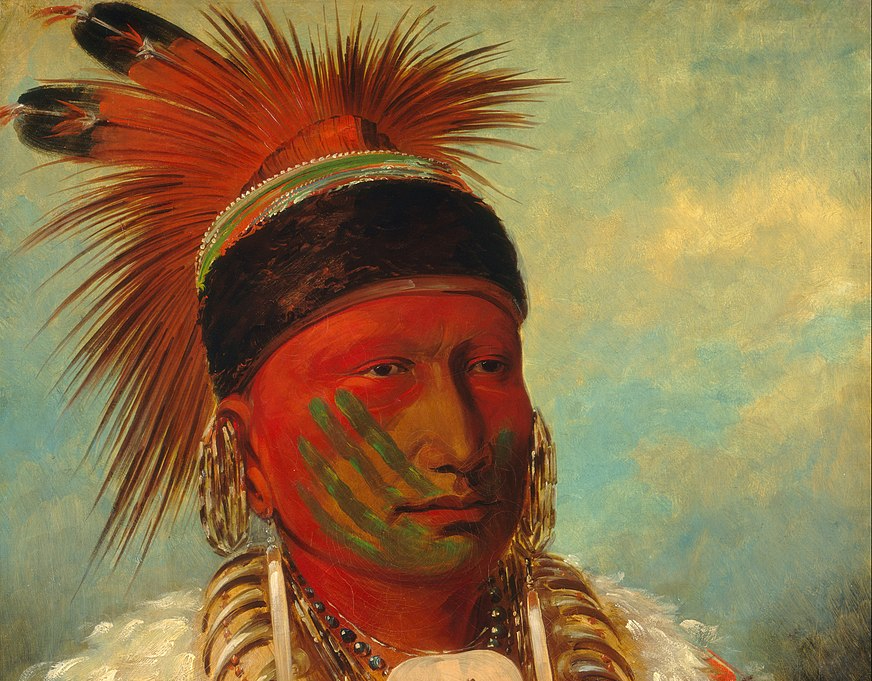 George Catlin, Wikimedia Commons
George Catlin, Wikimedia Commons
Kansas
Translated to the "south wind people", Kansas derives it's name from the Kansa People of the Sioux tribes that lived along the banks of the Kansas River.
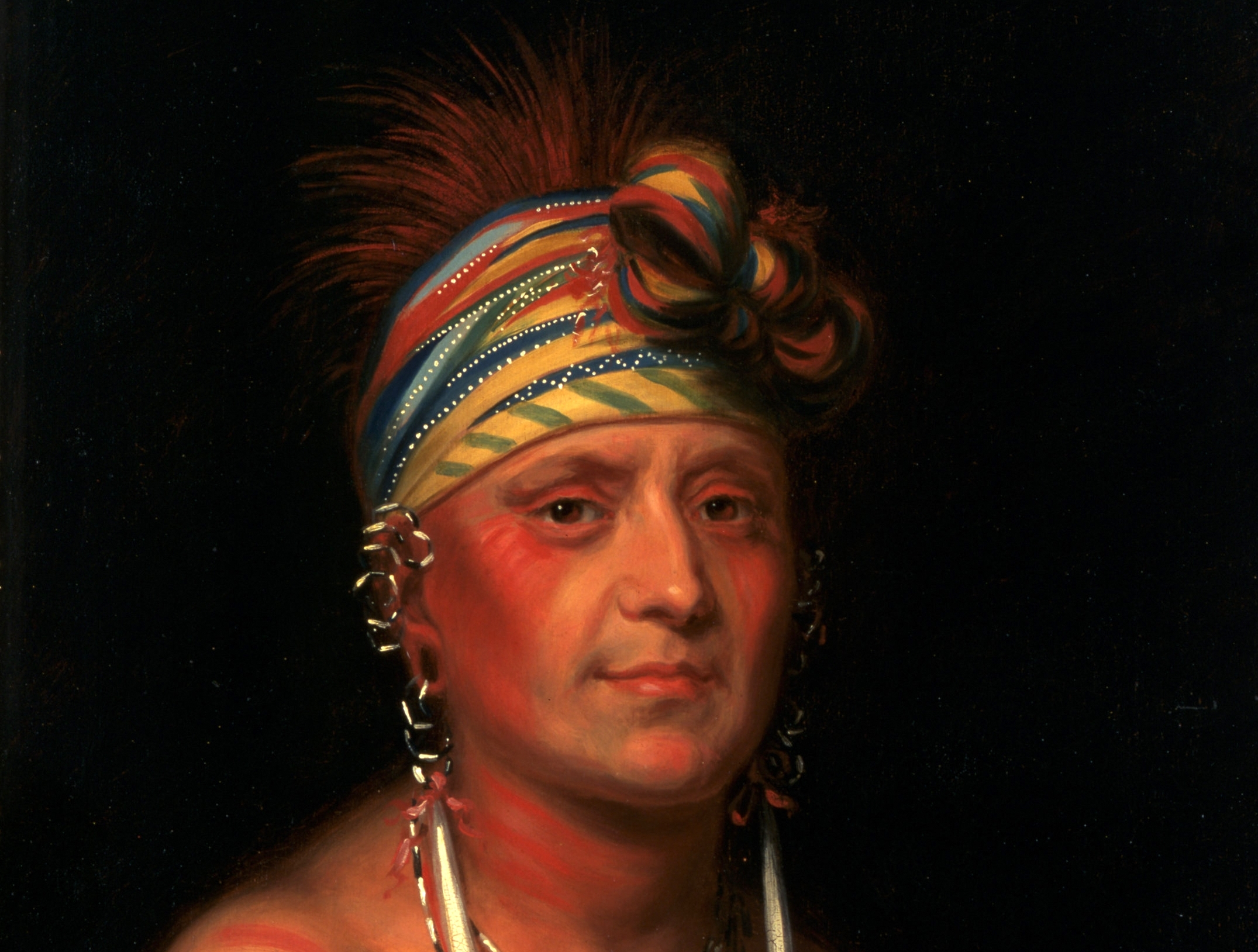 Charles Bird King, Wikimedia Commons
Charles Bird King, Wikimedia Commons
Kentucky
"We're not in Kansas anymore, Toto". No, that's right, next up is Kentucky. Kentucky's naming history is thought to come from several different Indigenous tribes, though is most commonly associated with an Iroquois word: "Ken tah ten", which translates to "Land of Tomorrow".
Louisiana
Named after the French King Louis XIV by René-Robert Cavalier, Louisiana was also the site where many French peoples landed where they were expelled from New Brunswick, Canada, by the English between 1755 and 1764, in an event known as the Expulsion of the Acadians.
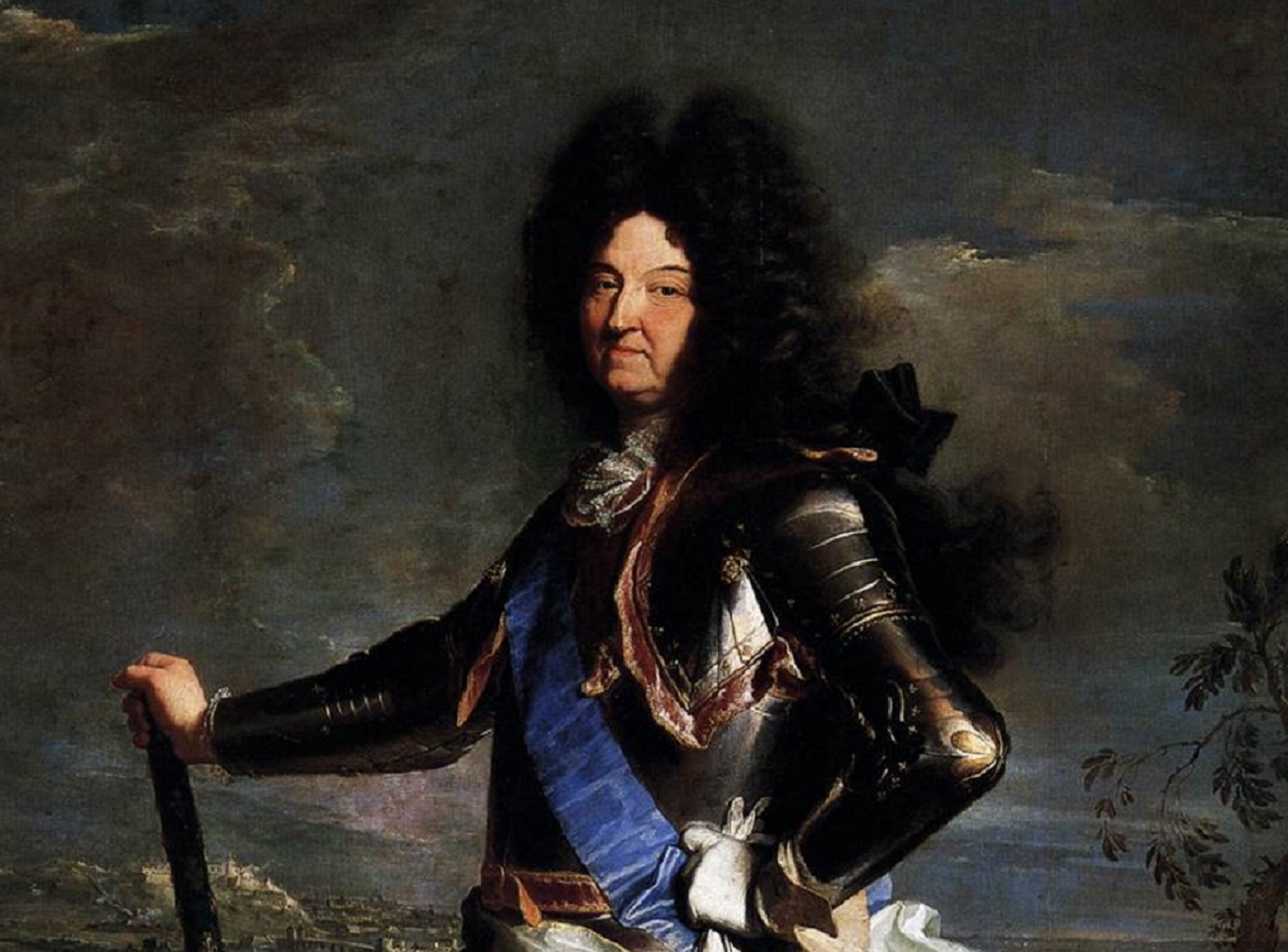 Hyacinthe Rigaud, Wikimedia Commons
Hyacinthe Rigaud, Wikimedia Commons
Maine
Maine's origin story has two versions: In one, French explorers to Maine named it after a private estate in France of Henrietta Maria, the Queen of England, Scotland, and Ireland (originally from France) who married Charles I in 1625. Another tale is that fishermen called it the "Maynland" when referring to the shore or mainland. When Charles I granted authority over Maine to Sir Fernando Gorges in 1639, the grant referred to it as the "province or county of Mayne."
 Cornelis Janssens van Ceulen, Wikimedia Commons
Cornelis Janssens van Ceulen, Wikimedia Commons
Maryland
Another homage to the Queen came in the form of Maryland, or "Marie Land". Marry a King, they said. Places will be named after you, they said.
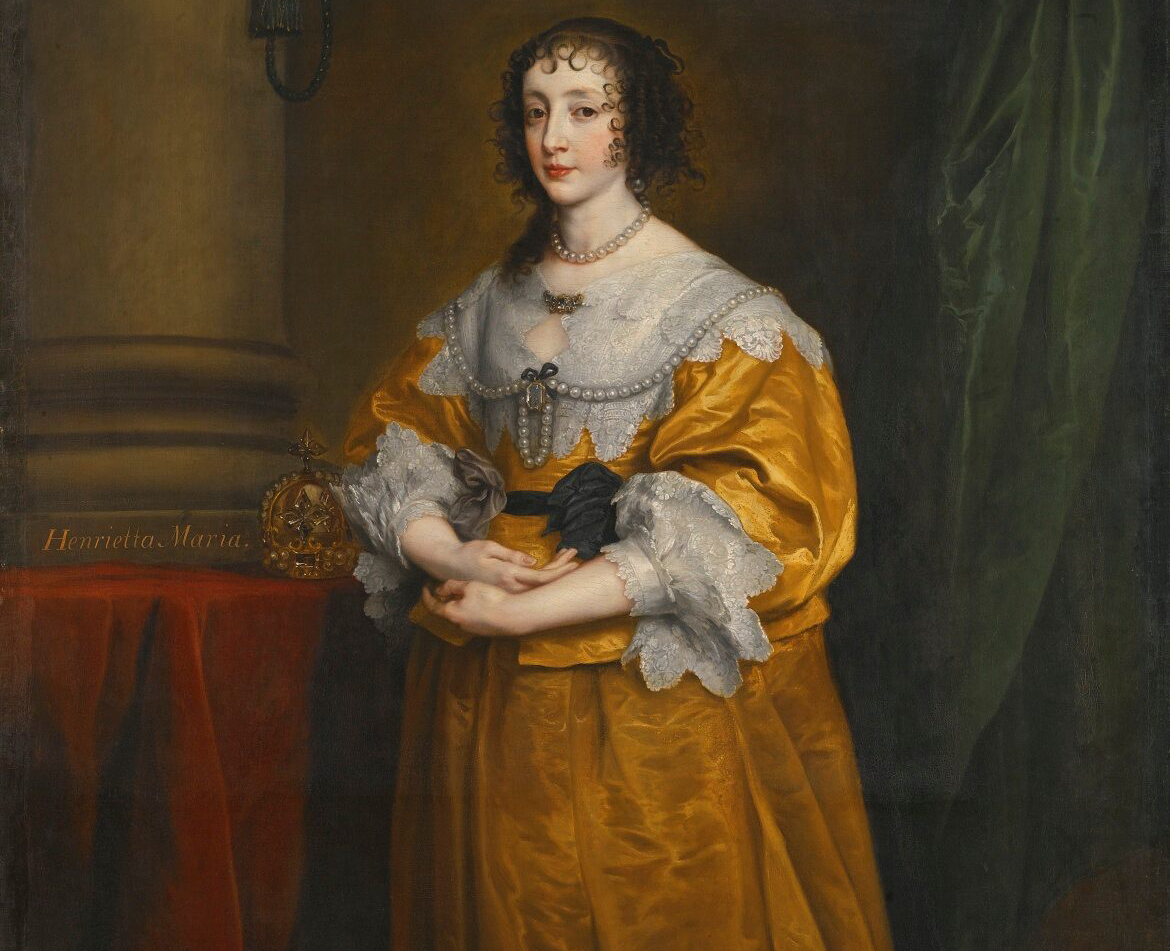 Anthony van Dyck, Wikimedia Commons
Anthony van Dyck, Wikimedia Commons
Massachusetts
This name comes from the Algonquin word, "Massadchu-es-et", meaning "great hill, small place". It was possibly named after the hills around Boston, as seen from the bay.
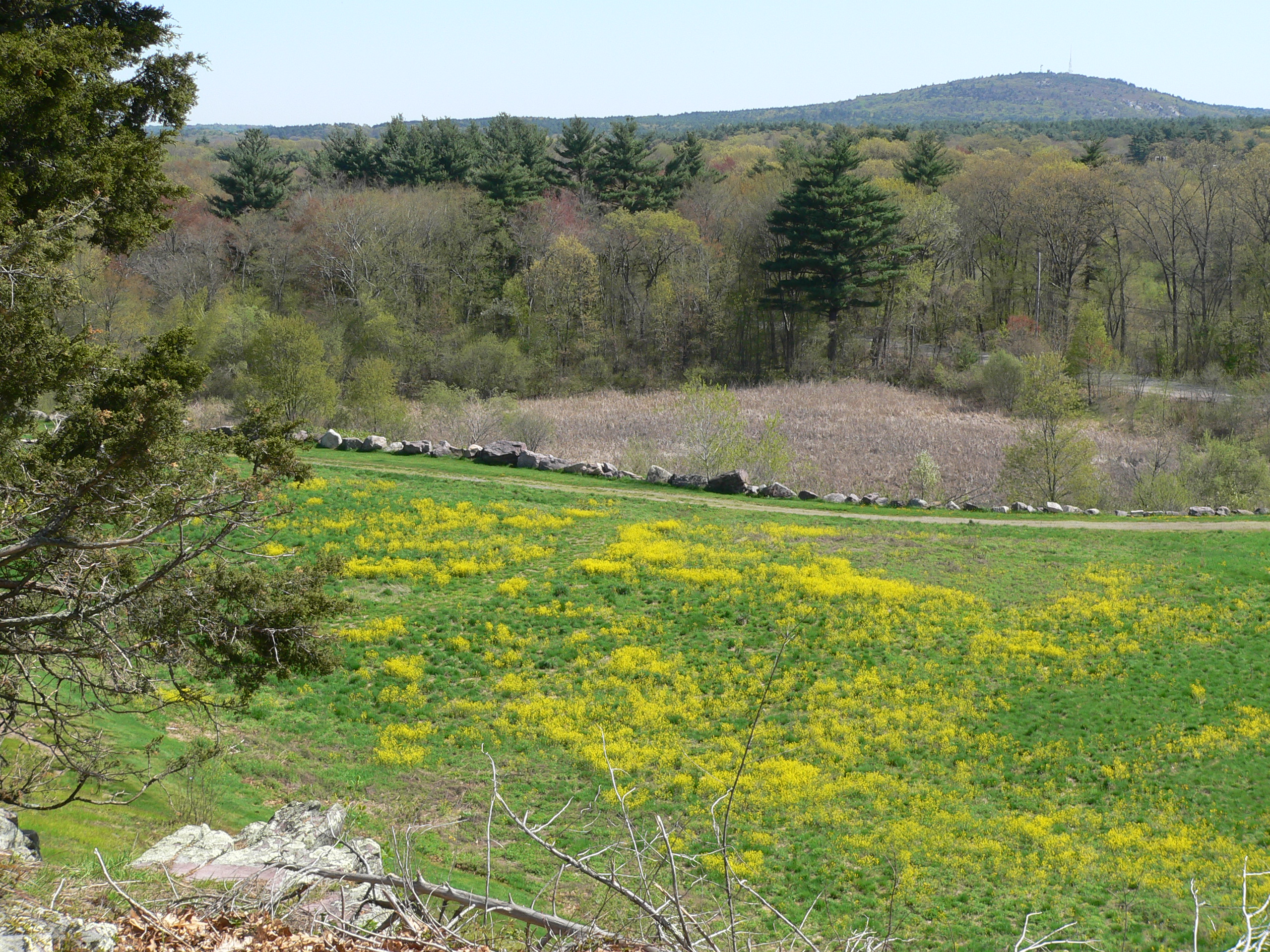 NewtonCourt, CC BY-SA 4.0, Wikimedia Commons
NewtonCourt, CC BY-SA 4.0, Wikimedia Commons
Michigan
We've got another Algonquin name here—"Mishigamaw" meaning "great lake" or "big water", derived from Lake Michigan.
Minnesota
Though affectionately dubbed "mini-soda", the name actually comes from a Sioux word that translates to "cloudy water", translating from Lake Minnesota. Does it rain a lot in Minnesota?
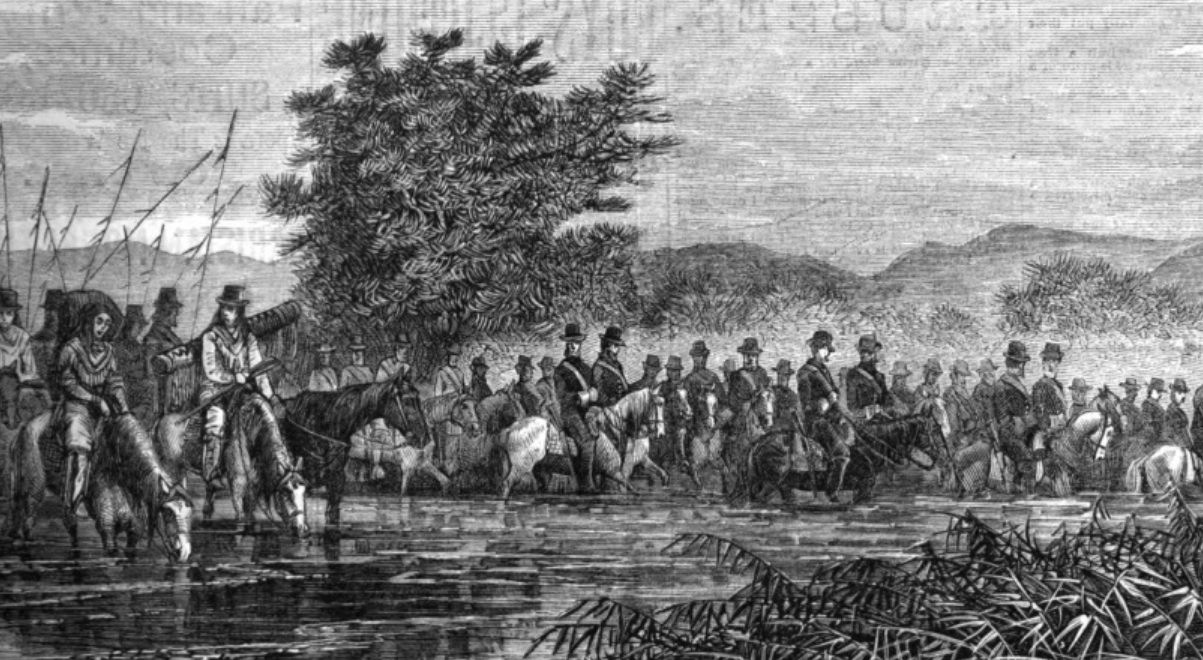 Charles St. G. Stanley, Wikimedia Commons
Charles St. G. Stanley, Wikimedia Commons
Mississippi
Say that name three times fast. "Mississippi" was first written out as "Misi Chepe" by French explorer Henri Touti— a voyager with Cavalier. Translating roughly as "great river" or "gathering-in of all the waters".
 Nicolaes Maes, Wikimedia Commons
Nicolaes Maes, Wikimedia Commons
Missouri
While the name is often mistranslated to mean "muddy water", it's actual name derives from the Algonquin "8emessourit", a term meaning "people with canoes", likely an homage to the earliest Indigenous Peoples who explored the Missouri River by canoe.
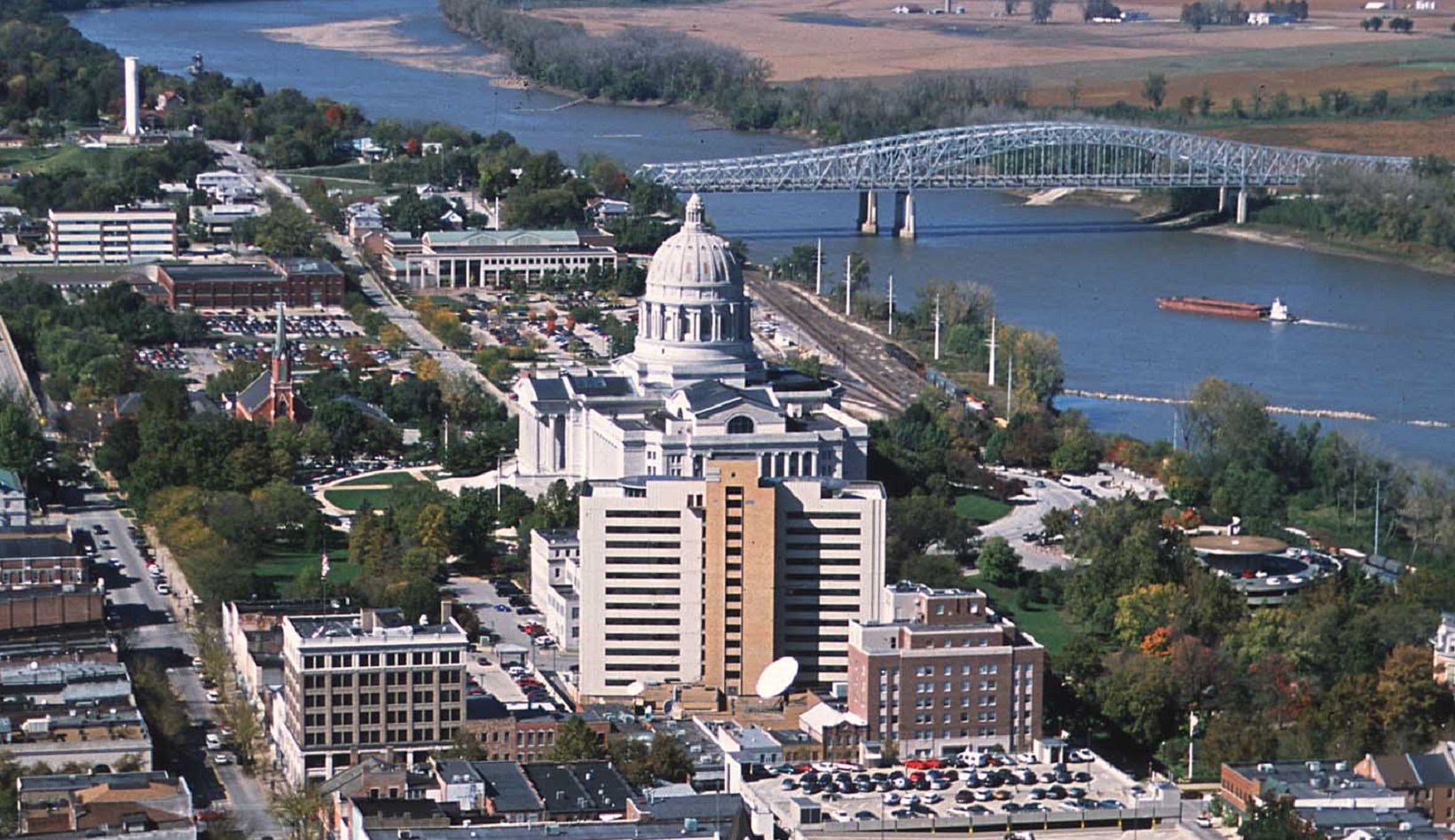 Sarah Minor, Wikimedia Commons
Sarah Minor, Wikimedia Commons
Montana
Montana's name derives from the Spanish "montaña", meaning "mountainous country," which comes from the Latin "montanea". Early Spanish colonizers to the area gave it the name "Montaña Del Norte", or "Northern Mountain".
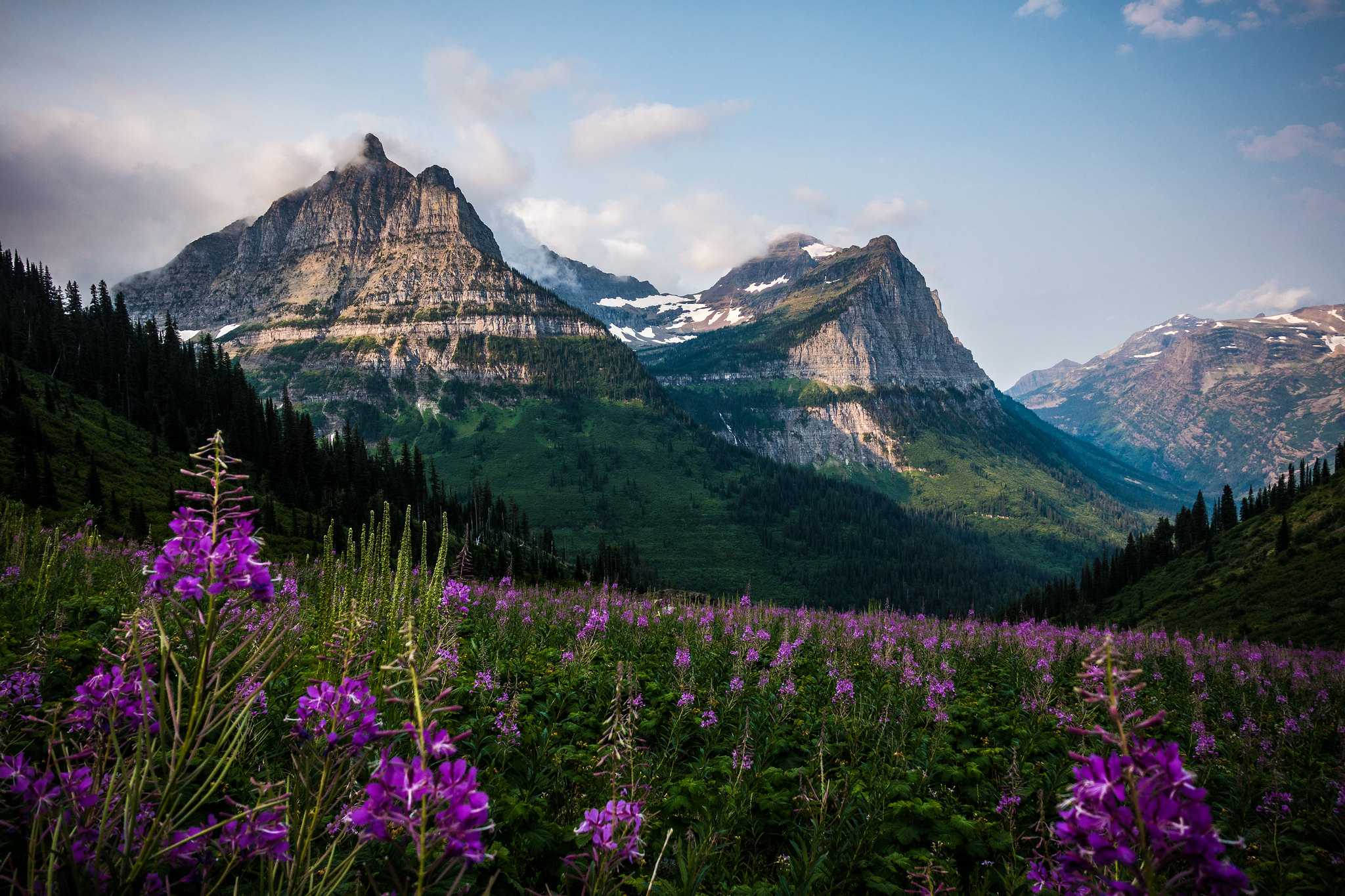 U.S. Department of the Interior, Flickr
U.S. Department of the Interior, Flickr
Nebraska
Nebraska's name comes from the Sioux word meaning "shallow water", describing the Platte River, from which the state gets it's name.
 Unknown Author, CC BY-SA 3.0, Wikimedia Commons
Unknown Author, CC BY-SA 3.0, Wikimedia Commons
Nevada
A descriptive Spanish word meaning "snow-clad" to describe the mountains in the area.
 Fred Morledge, CC BY-SA 2.5, Wikimedia Commons
Fred Morledge, CC BY-SA 2.5, Wikimedia Commons
New Hampshire
Creativity seemed to be lacking with the next "New" state names. Explorer John Mason named New Hampshire after the English county of Hampshire in 1629.
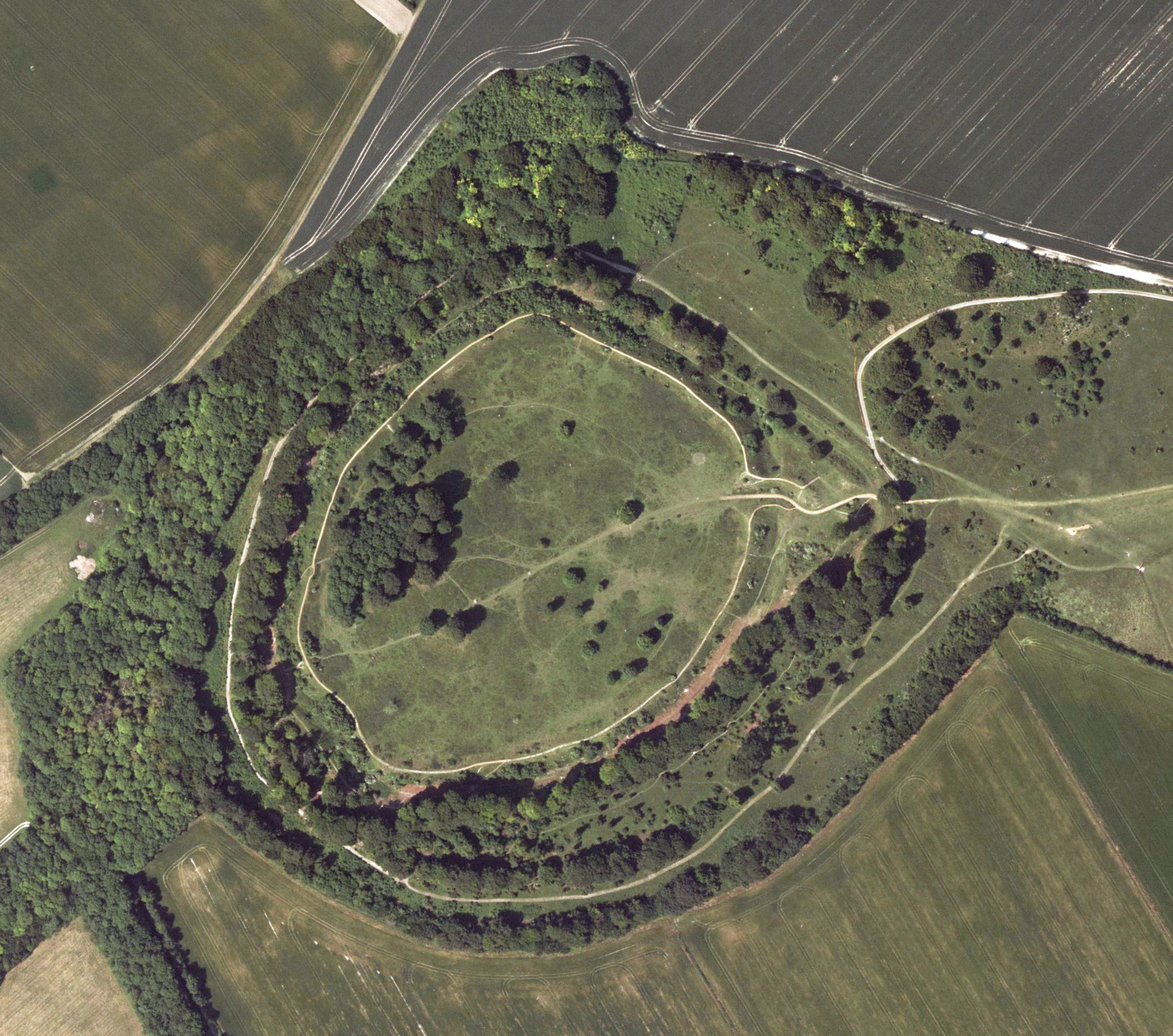 Hampshire Hub, Wikimedia Commons
Hampshire Hub, Wikimedia Commons
New Jersey
Named after the Isle of Jersey off the English coast, the are was given its moniker by George Carteret, an English statesman and naval officer who was given authority over the land by Charles II in the 1640s.
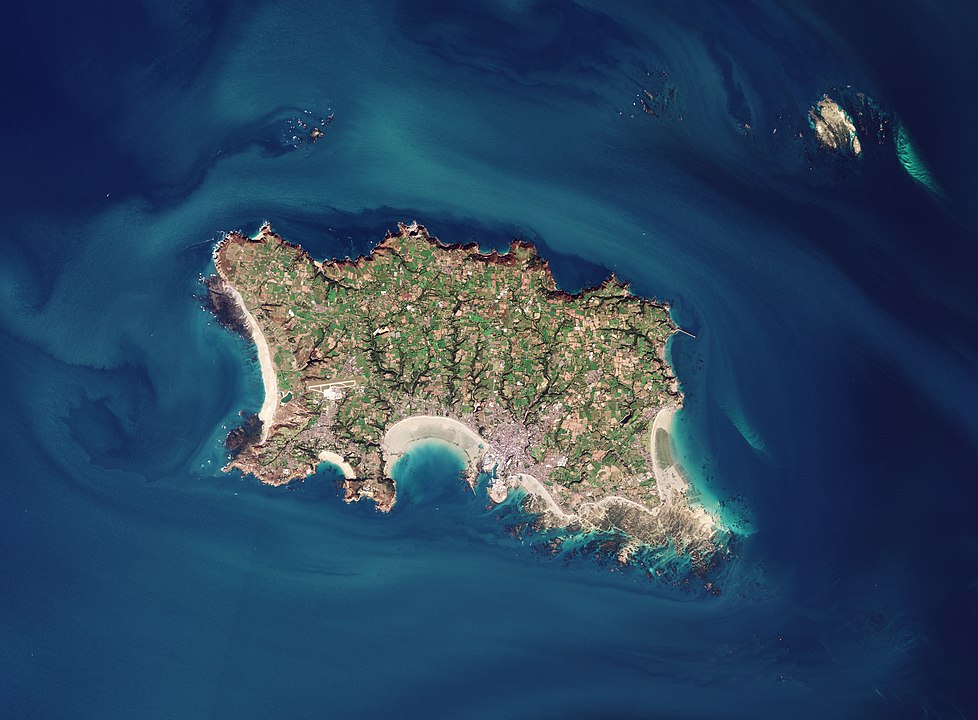 Copernicus Sentinel, CC BY-SA 3.0, Wikimedia Commons
Copernicus Sentinel, CC BY-SA 3.0, Wikimedia Commons
New Mexico
Conquered by Spanish conquistadors in 1598, the area was named "Nuovo Mexico" after the Aztec Valley of Mexico, presumably based on the geographical similarities between the two areas.
New York
When the Dutch West India Company colonized New York, they named it "New Netherland" in 1624. However, 40 years later, that name was changed when, in 1664, the English took over the territory, naming it after the Duke of York, (the future King) James II.
 School of Peter Lely, Wikimedia Commons
School of Peter Lely, Wikimedia Commons
North Carolina
North Carolina's naming history is interesting insofar as it is named after King Charles II, but takes the Latin root of the word Charles—"Carolus". The King granted eight land proprietors the title, and first established North Carolina in 1670.
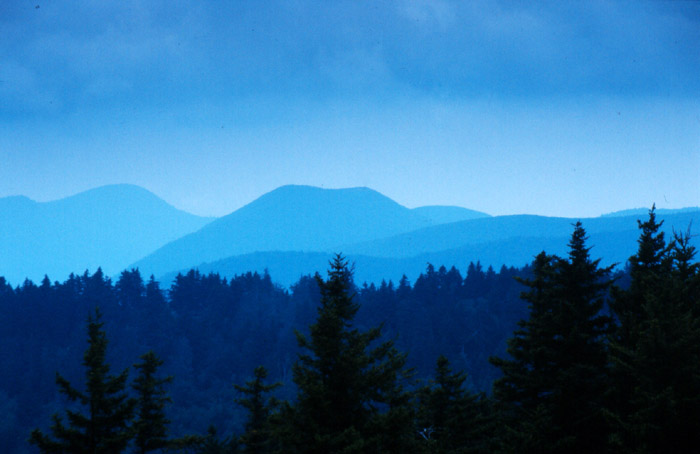 Jan van der Crabben, CC BY-SA 2.0, Wikimedia Commons
Jan van der Crabben, CC BY-SA 2.0, Wikimedia Commons
North Dakota
Created by President James Buchanan in 1861, North Dakota was originally the "Dakota Territory", named after the Dakota Peoples of the Sioux tribe. Following the American Civil War and the establishment of the United States, North and South Dakota were brought into the Union in 1889.
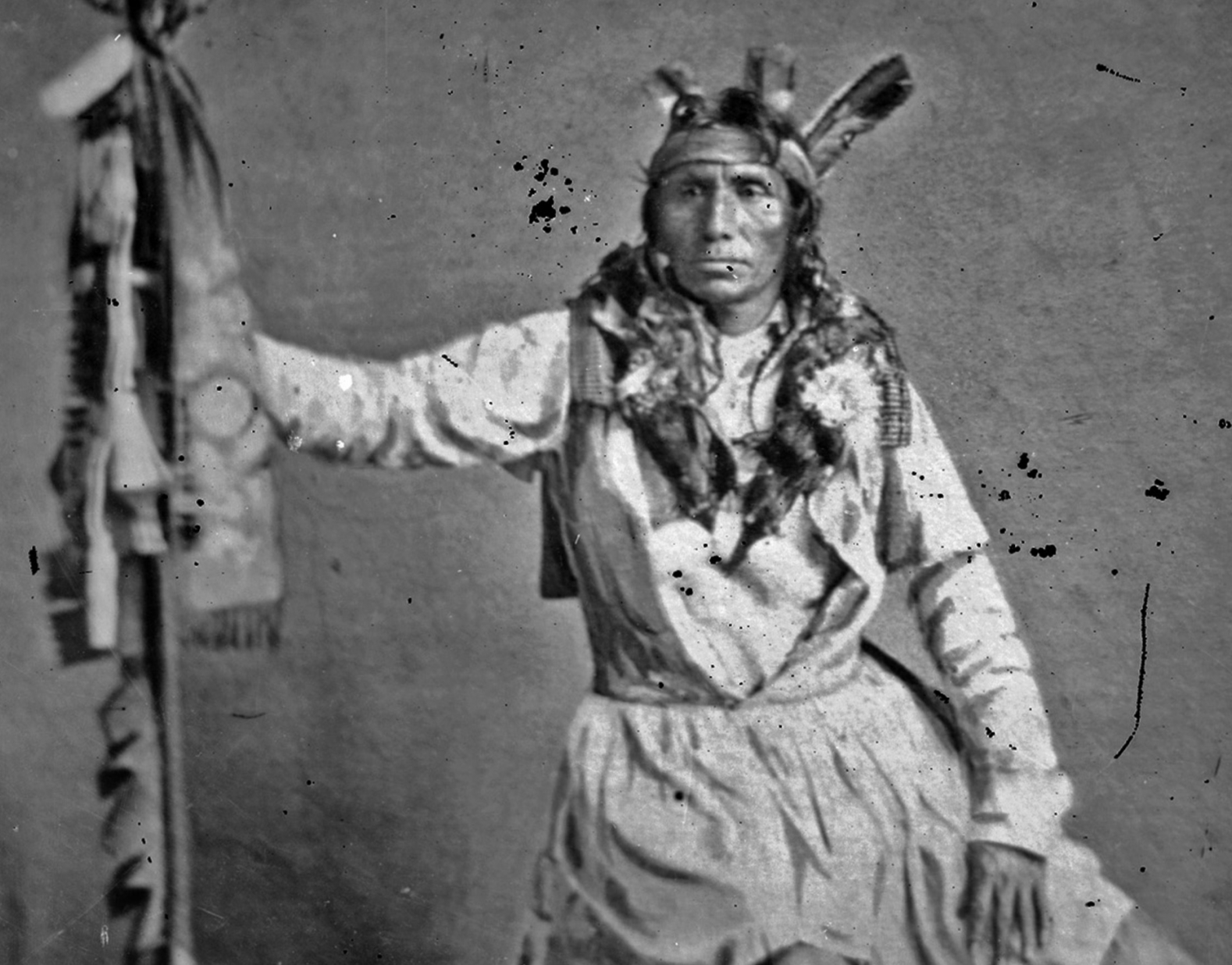 Julian Vannerson, Wikimedia Commons
Julian Vannerson, Wikimedia Commons
Ohio
As with many states, Ohio takes it's name from an Iroquois word meaning "beautiful river".
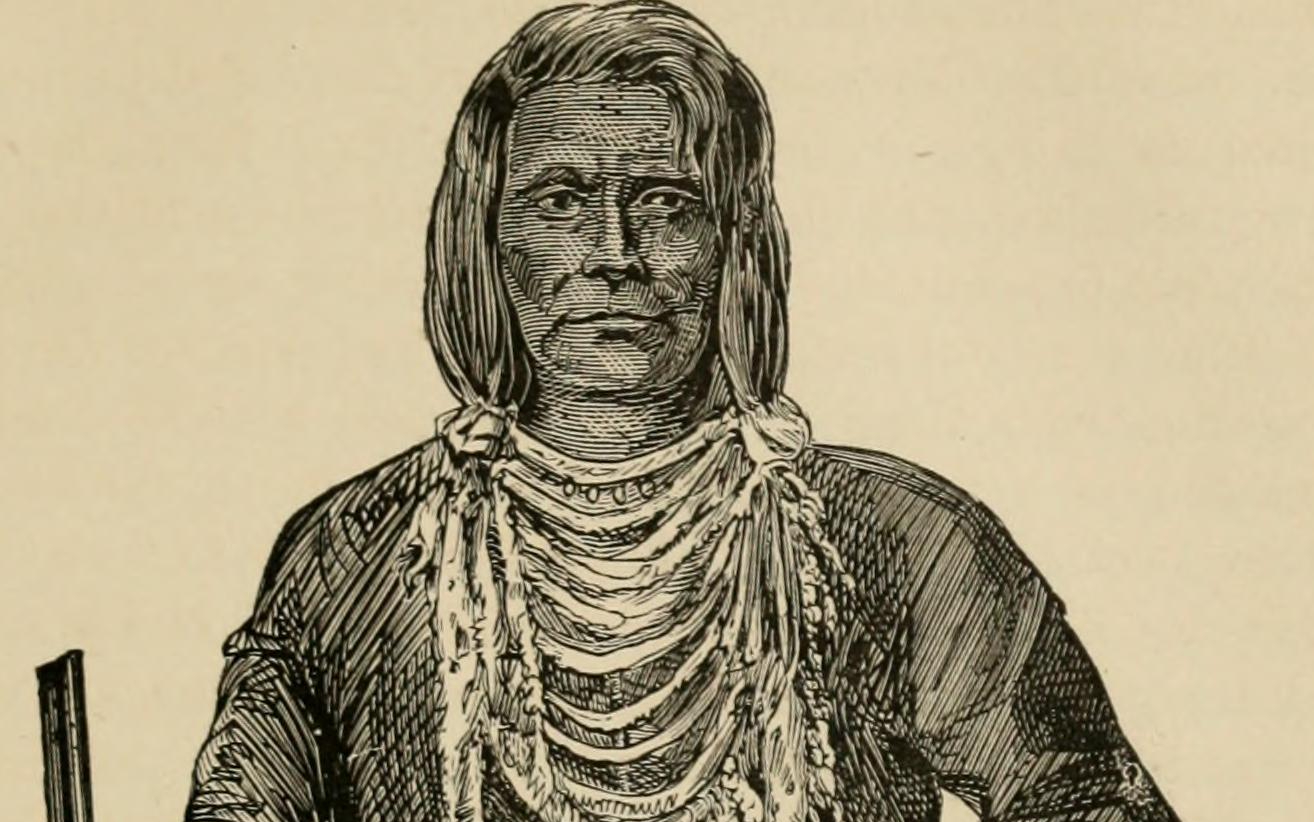 Internet Archive Book Images, Wikimedia Commons
Internet Archive Book Images, Wikimedia Commons
Oklahoma
The origins of Oklahoma come from two Choctaw words: "Okla" meaning "people" and "humma" meaning "red". The Choctaw Nation Chief Allen Wright suggested the name during the 1866 treaty negotiations with the United States.
 Unknown Author, Wikimedia Commons
Unknown Author, Wikimedia Commons
Oregon
Although originally thought to derive from the herb "oregano", the broad consensus seems to be that "Orejón", found in a historical journal in 1598, describing the Spanish exploits in the area, as it makes mention of the Columbia River.
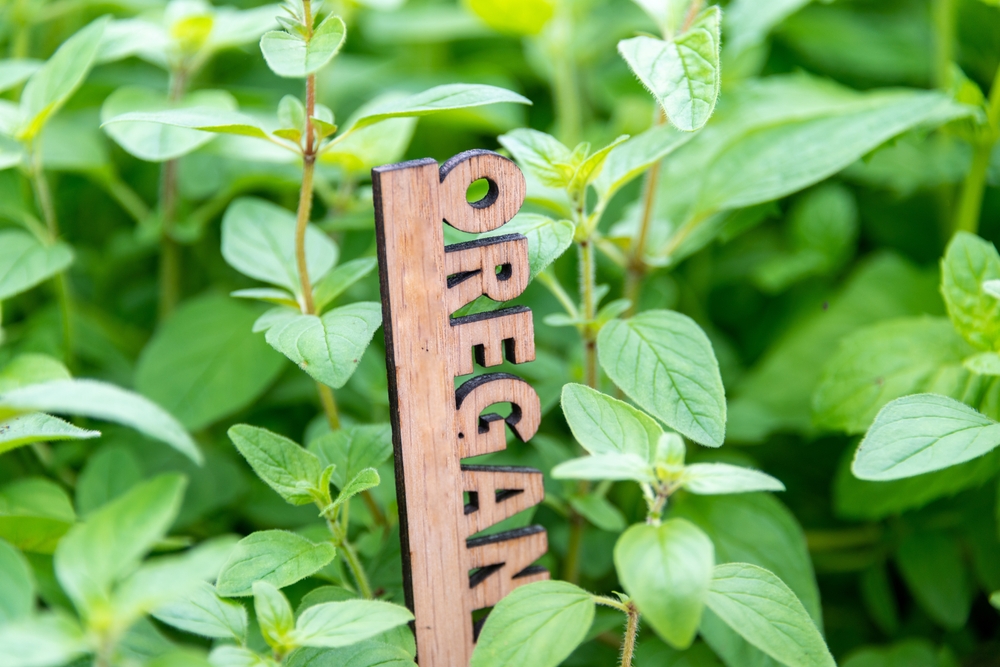 Dolores M. Harvey, Shutterstock
Dolores M. Harvey, Shutterstock
Pennsylvania
Pennsylvania is like a car vanity plate: Its the only state in the Union named after its founder, William Penn. Apparently, Penn wanted to add "Sylvania" to describe the vast forests of the region.
 Jean Leon Gerome Ferris, Wikimedia Commons
Jean Leon Gerome Ferris, Wikimedia Commons
Rhode Island
Dutch explorer Adrian Block first landed on Rhode Island in 1614, naming it "Roode Elyandt", which was anglicized to "Rhode Island" during the transition to British rule in 1636.
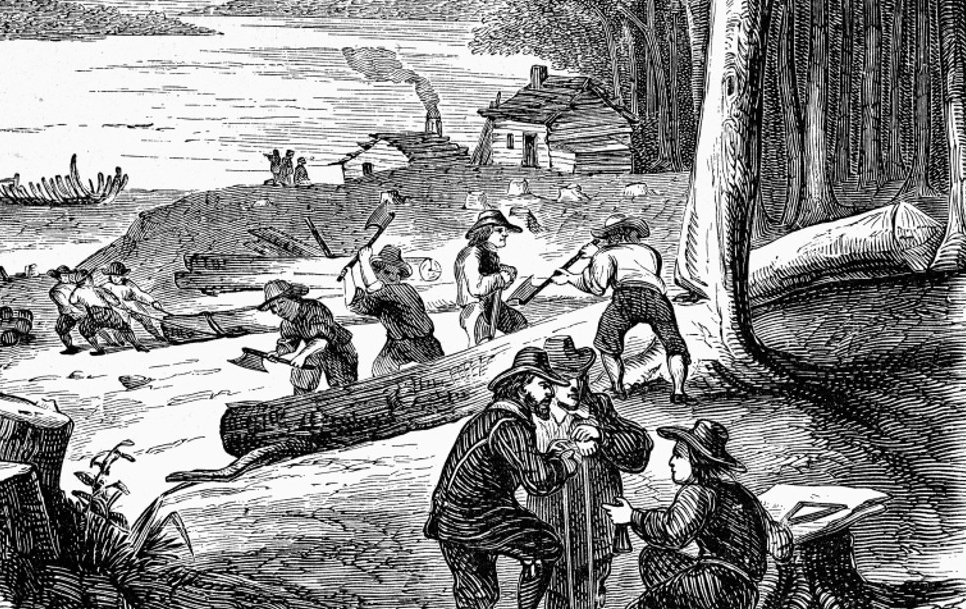 Unknown Author, Wikimedia Commons
Unknown Author, Wikimedia Commons
South Carolina
The sister state of North Carolina, South Carolina was also named after King Charles II.
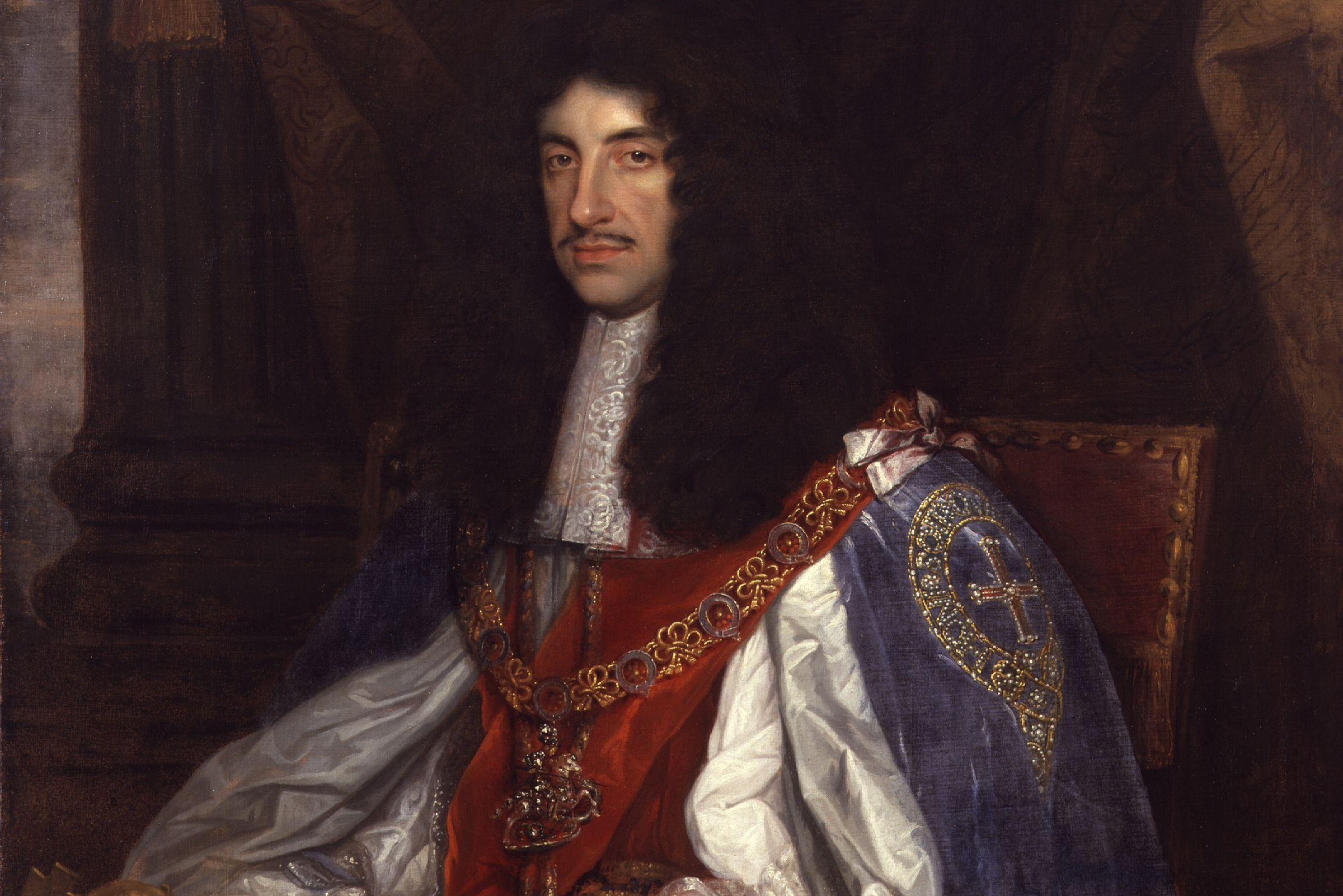 John Michael Wright, Wikimedia Commons
John Michael Wright, Wikimedia Commons
South Dakota
Another sister state, South Dakota was named so by President James Buchanan in 1889.
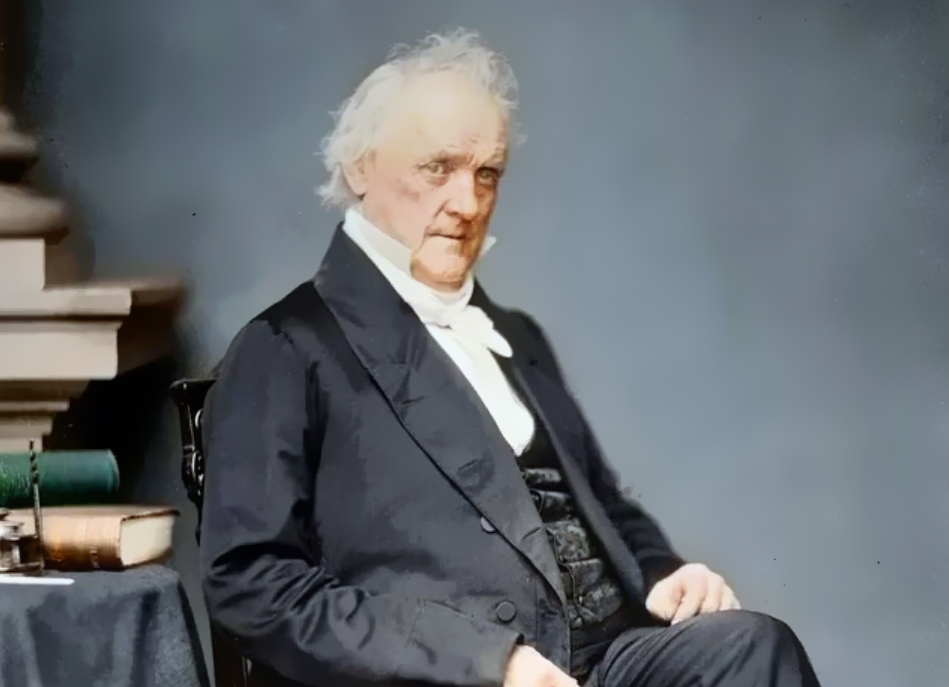 Mathew Benjamin Brady, Wikimedia Commons
Mathew Benjamin Brady, Wikimedia Commons
Tennessee
Corny pickup lines aside, Tennessee is named after the Cherokee word "Tanasse", named after a village site in the state. However, Tennessee was almost called something completely different: Franklin, named after Benjamin Franklin. People who lived in what is now northeast Tennessee formed a state called Franklin, declaring to be an independent state in 1784. It wasn't until 1799, when Tennessee joined the Union, that "Franklin" (the state) was abolished. Franklin is a town in Tennessee today.
Texas
It is generally accepted that Texas is a derivation of an Indigenous term "tejas", used by the Hasinais Peoples, meaning "friends" or "allies".
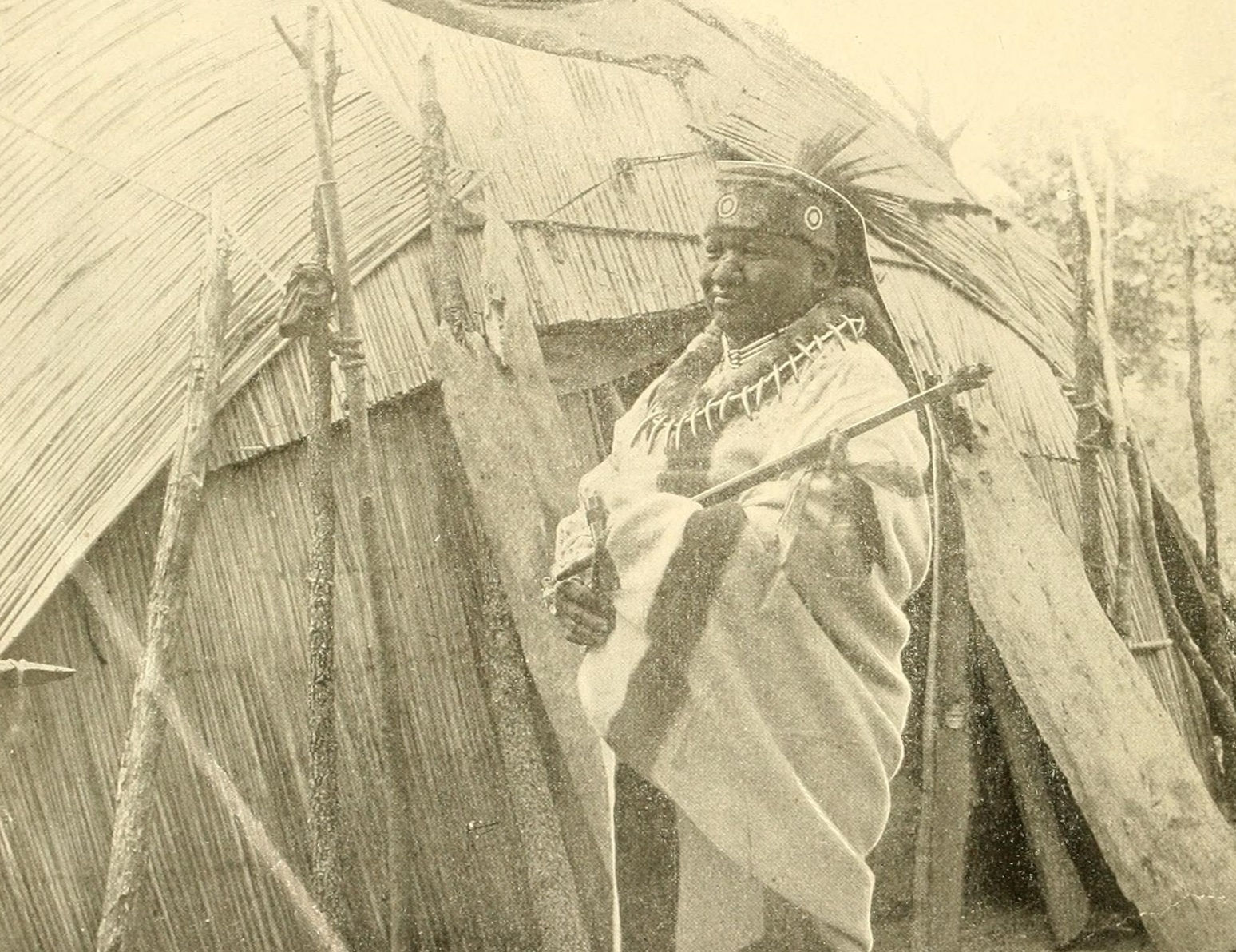 Internet Archive Book Images, Wikimedia Commons
Internet Archive Book Images, Wikimedia Commons
Utah
This name was used by colonizers to describe an area belonging to the Ute Indigenous tribe. However, the Ute refer to themselves as the "Noochee" people, and no "ute" word exists in the their language. Perhaps it was one of those "lost in translation" moments.
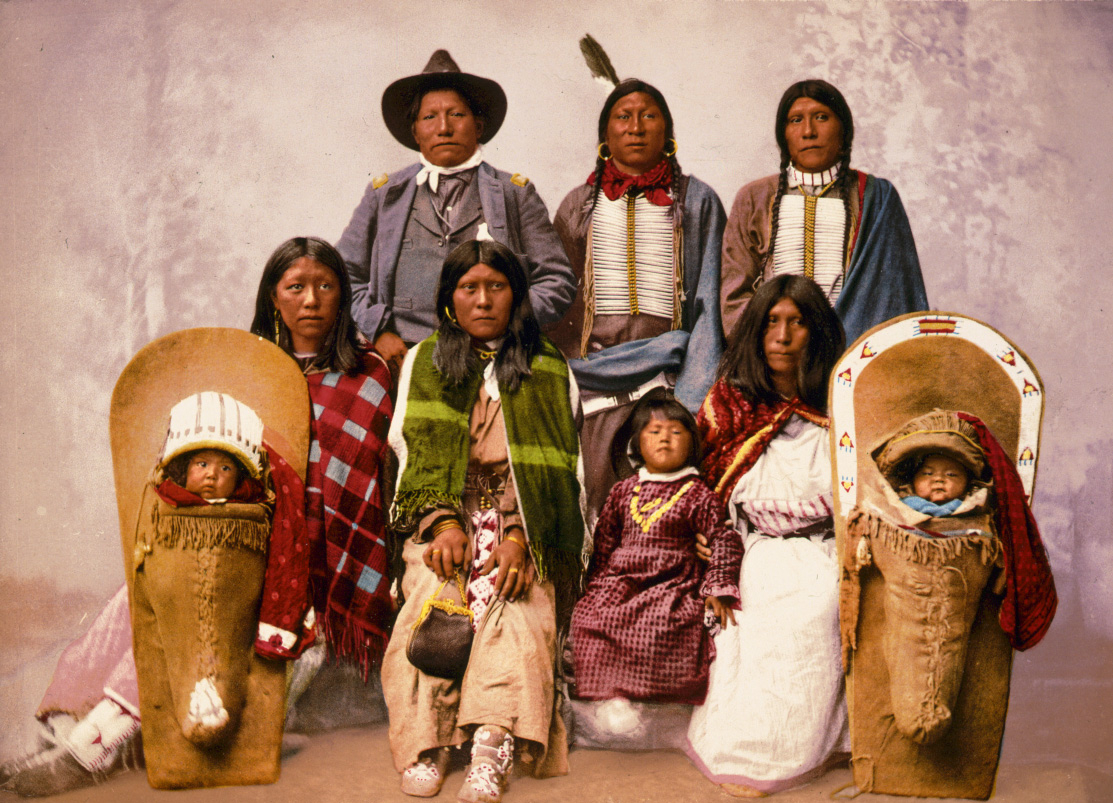 Detroit Publishing Co., Wikimedia Commons
Detroit Publishing Co., Wikimedia Commons
Vermont
Samuel de Champlain can take credit for this name. He named Vermont "Vert Mont", meaning "green mountains" in French.
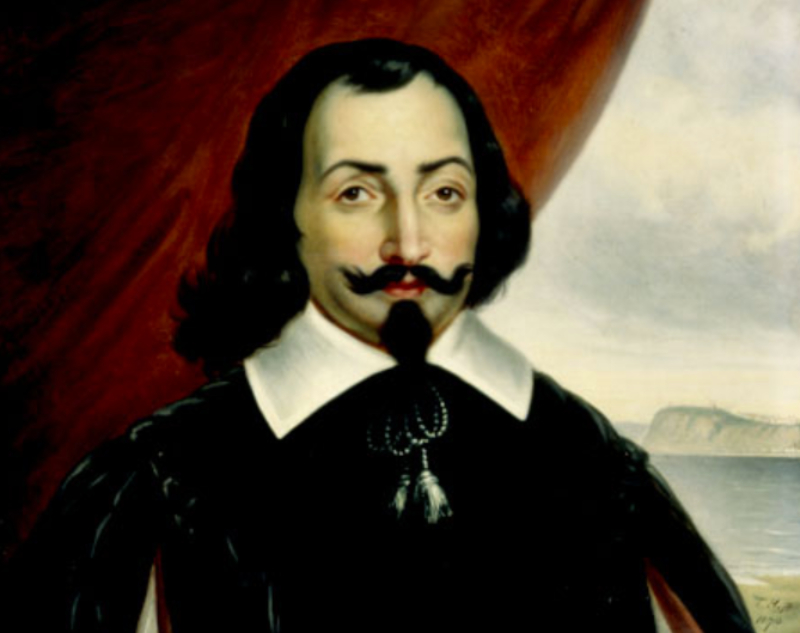 Théophile Hamel, Wikimedia Commons
Théophile Hamel, Wikimedia Commons
Virginia
This one was named by Sir Walter Raleigh for Queen Elizabeth I, who's sometimes known as the "Virgin Queen".
 After Levina Teerlinc, Wikimedia Commons
After Levina Teerlinc, Wikimedia Commons
Washington
Obviously, Washington was named after George Washington, though it was originally called the "Territory of Columbia" in 1632 (due to the presence of the Columbia River). Washington's famous "District of Columbia" was already in existence at the time and it was simply amalgamated into Washington state.
 Gilbert Stuart, Wikimedia Commons
Gilbert Stuart, Wikimedia Commons
West Virginia
The state was named so after many western counties of Virginia decided to leave the state by rejecting secession from the Union. They retained "Virginia" but simply gave themselves a bit of a geographical boundary, not wanting to be associated with the treasonous ones from within the state.
 Jarek Tuszyński, CC BY-SA 4.0, Wikimedia Commons
Jarek Tuszyński, CC BY-SA 4.0, Wikimedia Commons
Wisconsin
The origins of the name of Wisconsin have many tales, but one of the most generally-accepted theories is that the Wisconsin originates from the Algonquian word "Meskousing", meaning "it lies red". This is generally thought to refer to the red sandstone over which the Wisconsin River flows.
Wyoming
This one's another name with alternative meanings, depending on who you ask. Wyoming is said to derive from the Leni-Lenape word "xwé:wamənk", or "at the big river flat". However, it was named "Wyoming" after the Wyoming Valley in Pennsylvania, made popular in 1809 by the playwright Thomas Campbell, who wrote Gertrude of Wyoming. This was inspired by the Battle of Wyoming during the American Civil War.
Did you know the history of the name of the state where you live? Do you have anything to add to our nomenclature breakdown? Comment below!
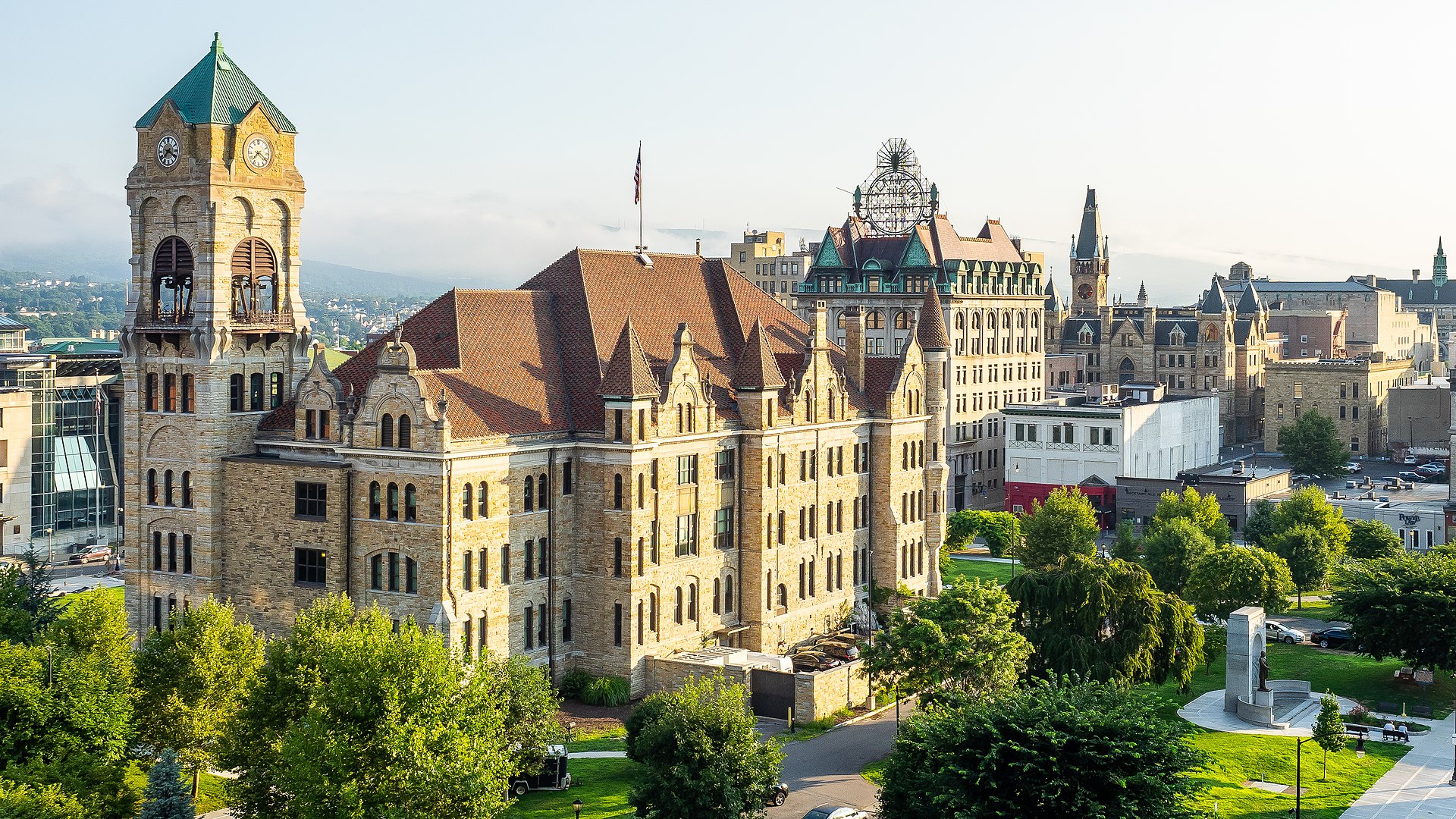 Ajay Suresh, CC BY 2.0, Wikimedia Commons
Ajay Suresh, CC BY 2.0, Wikimedia Commons


